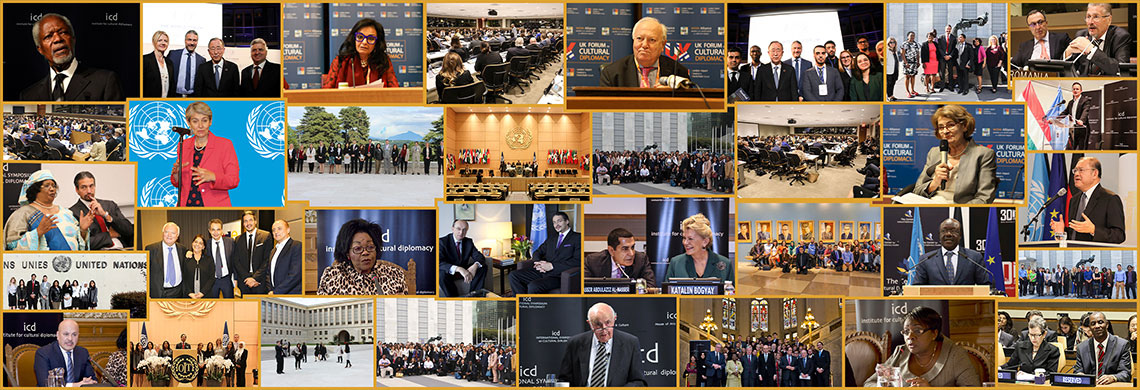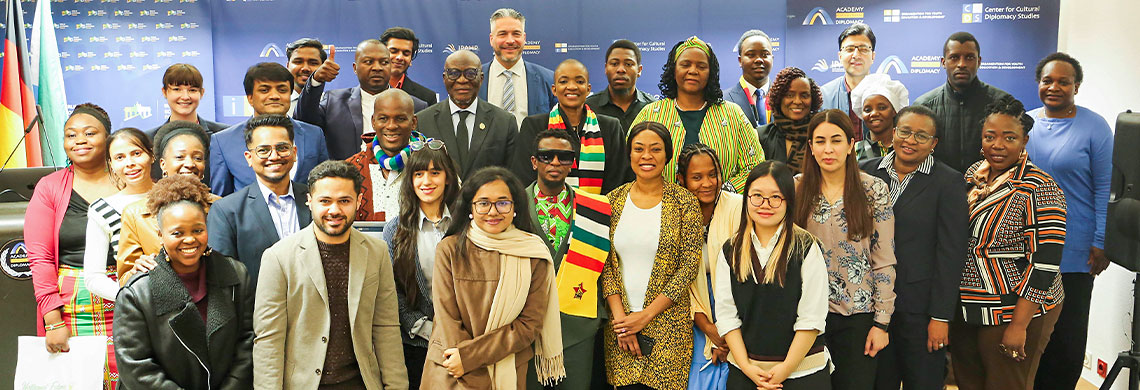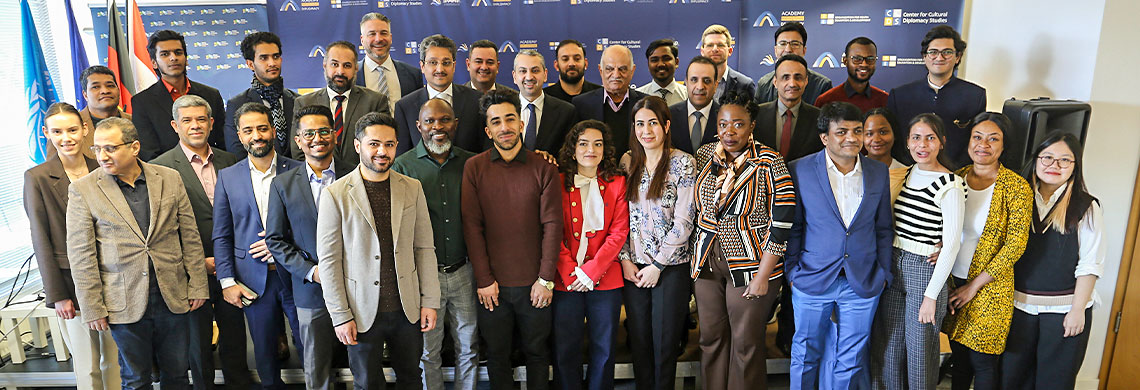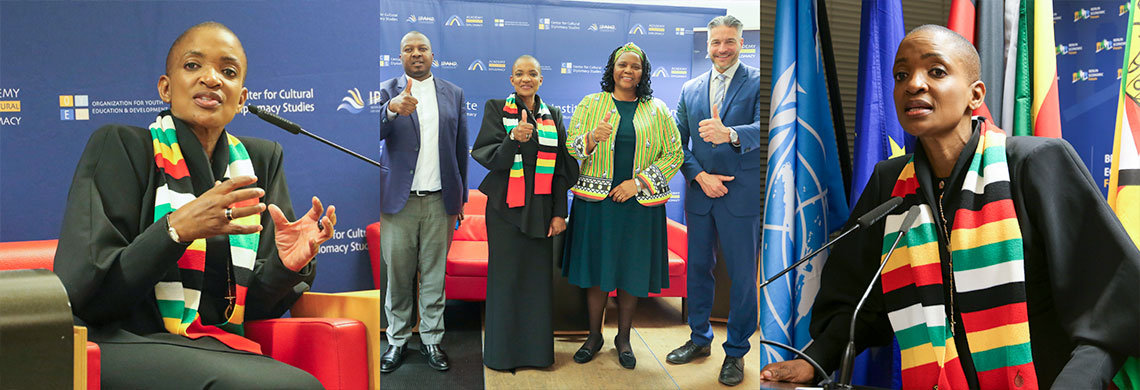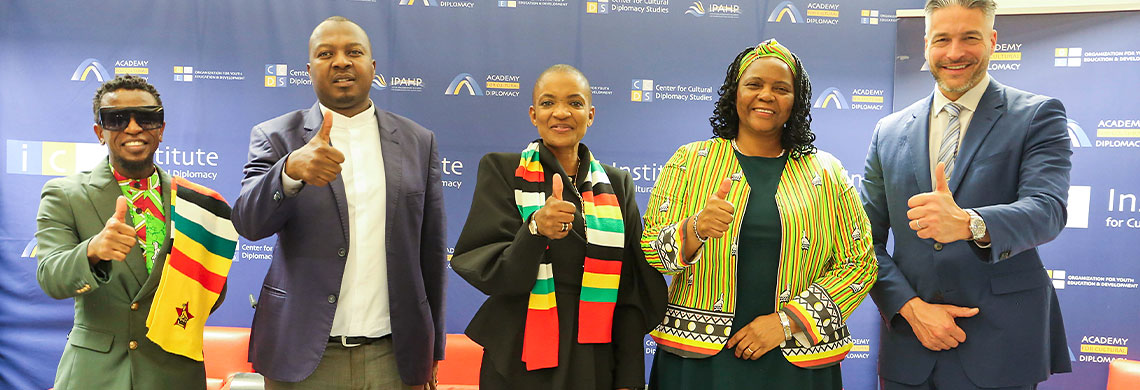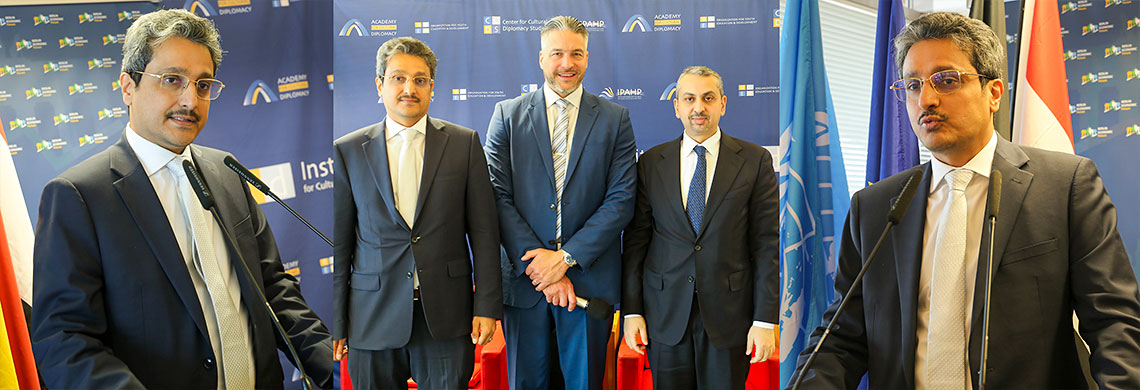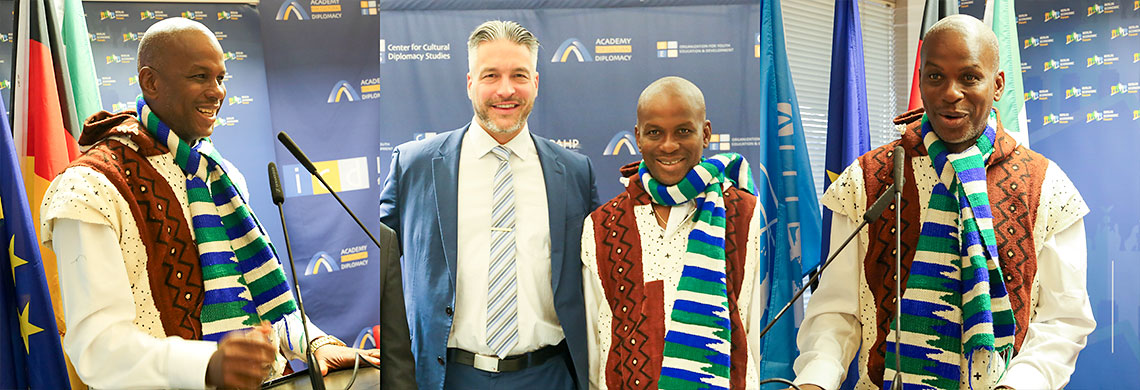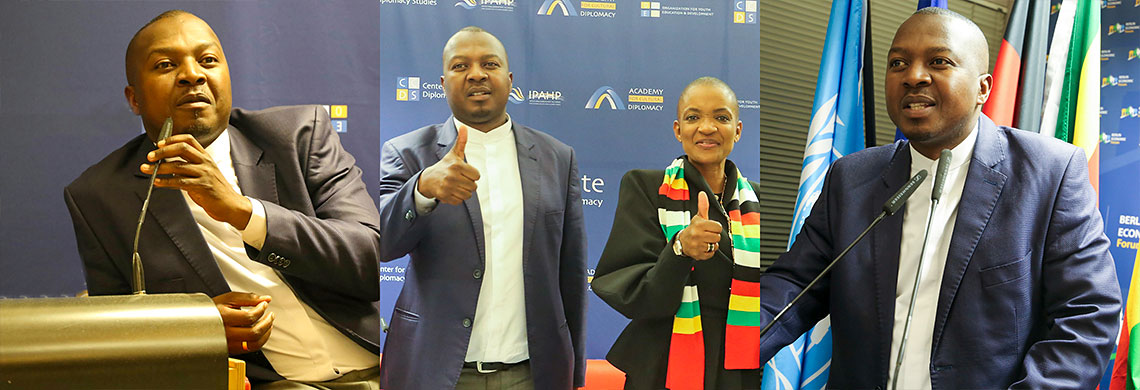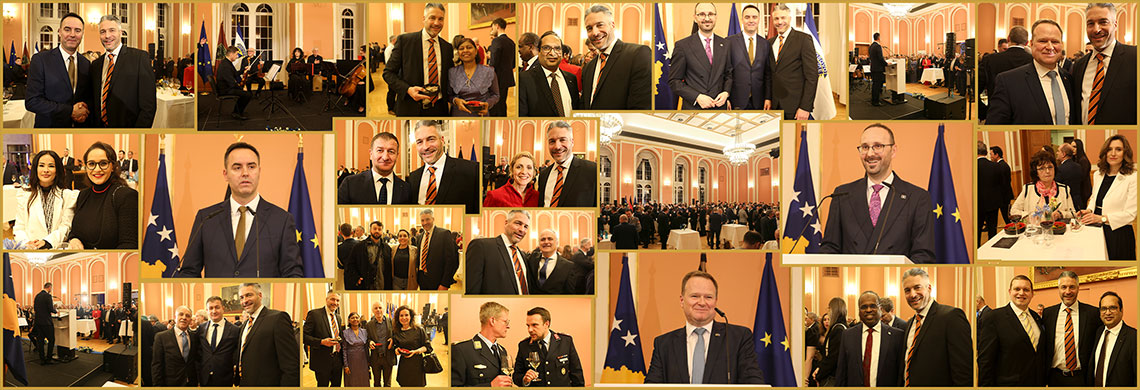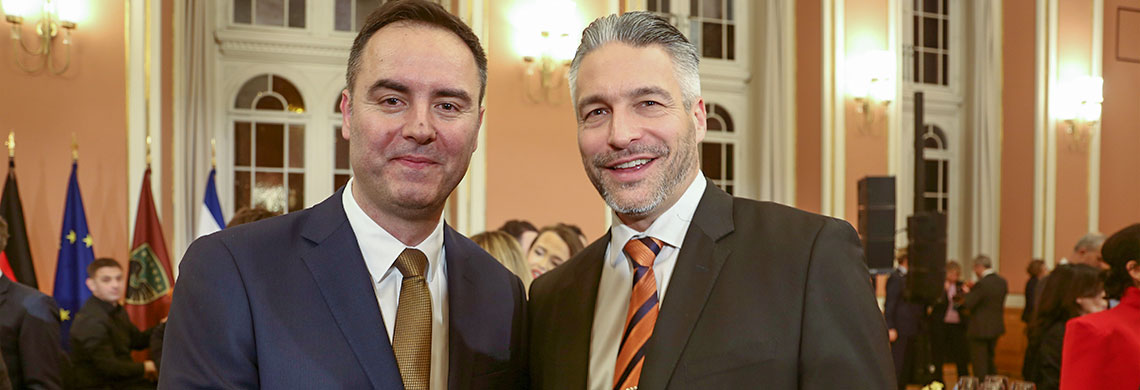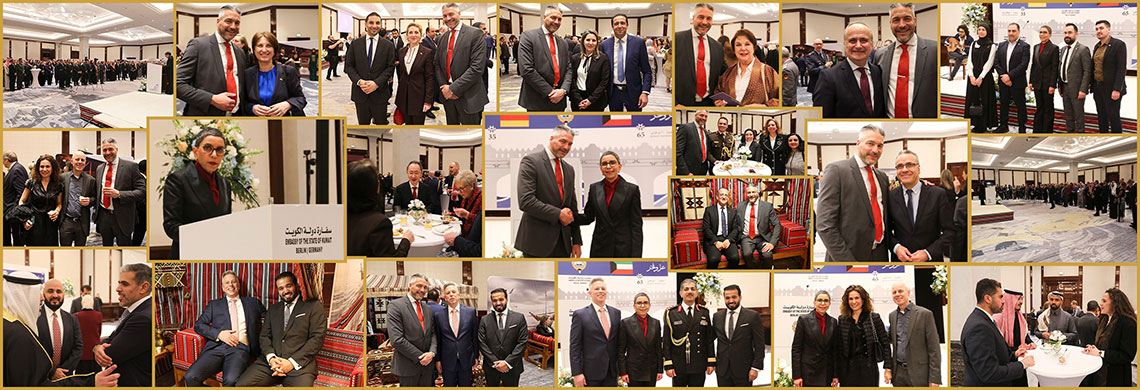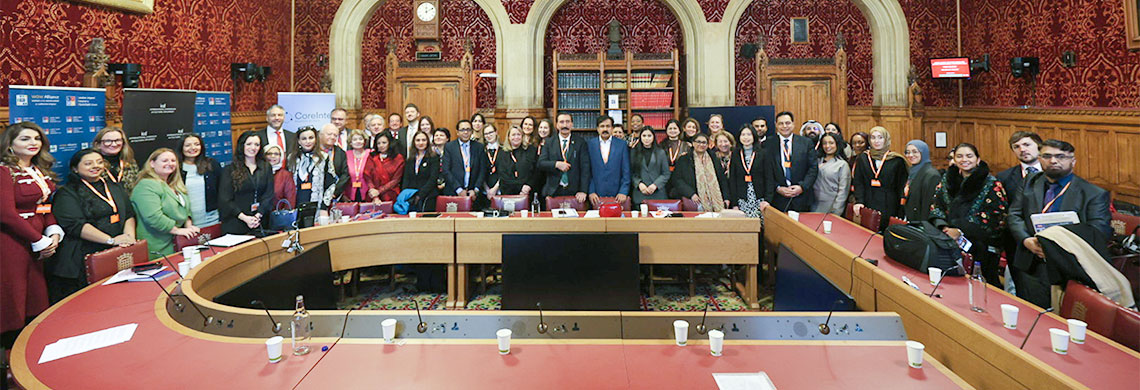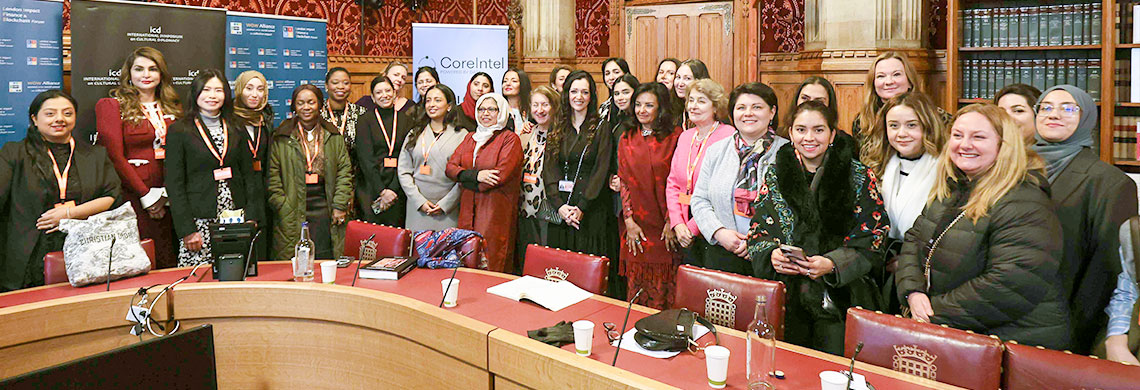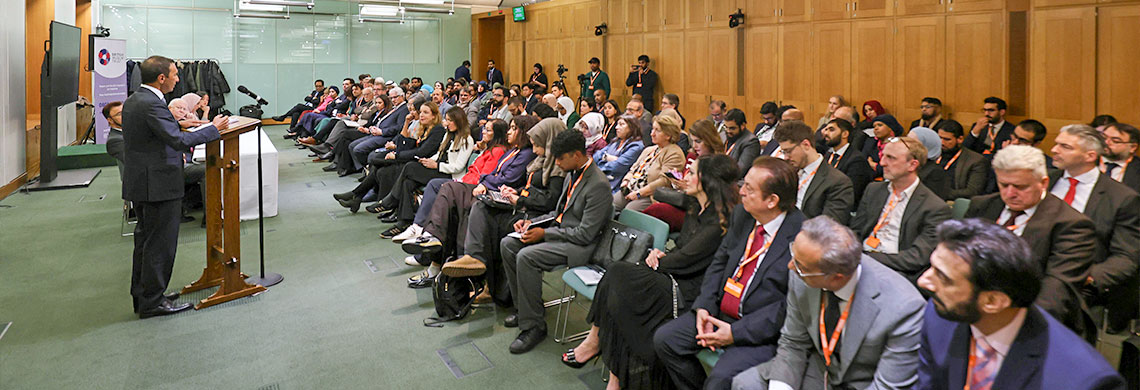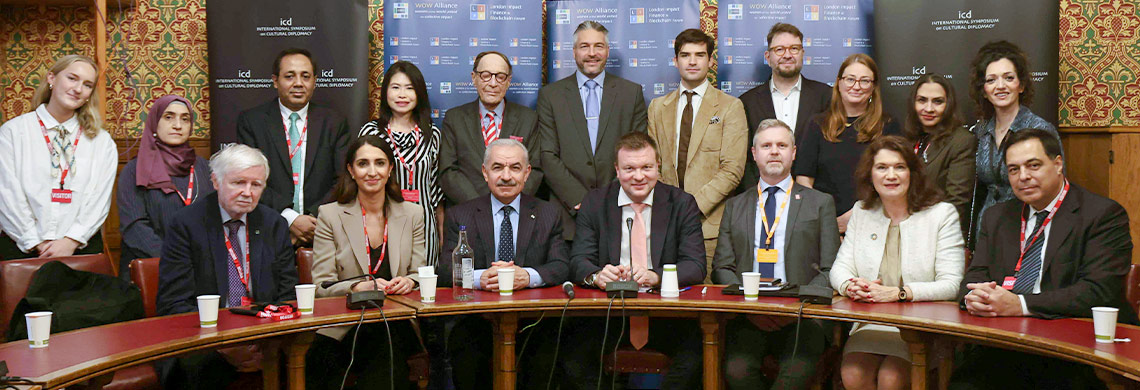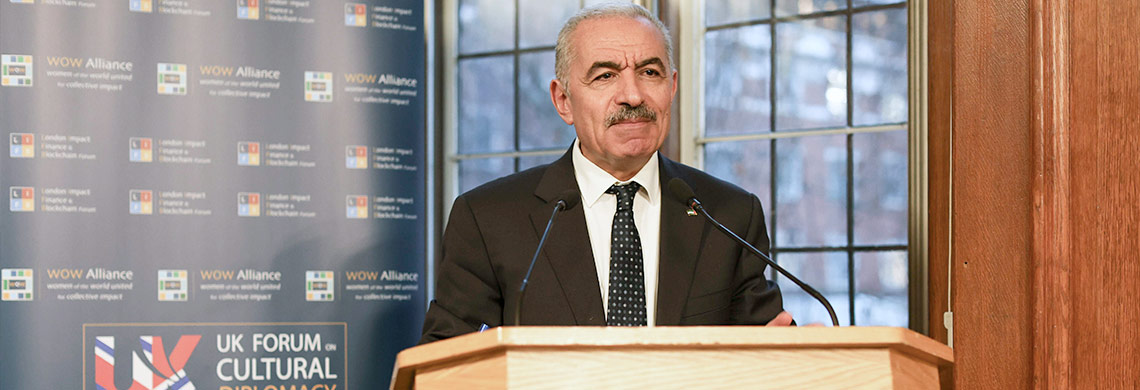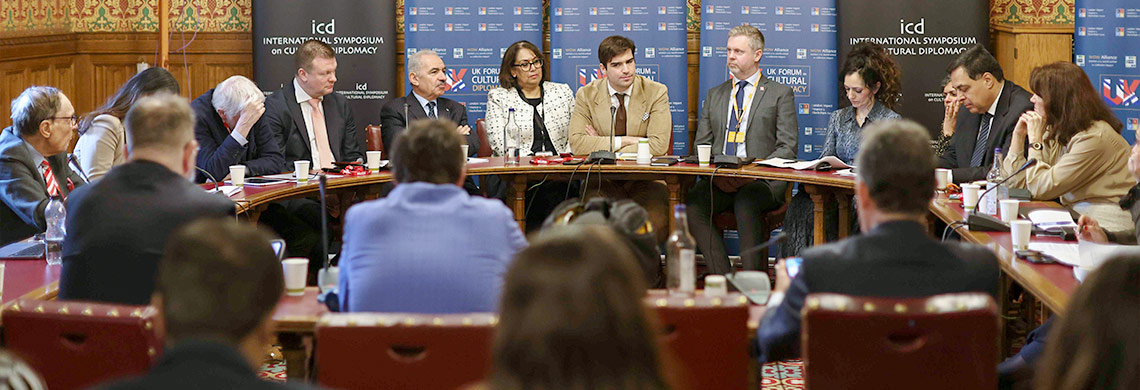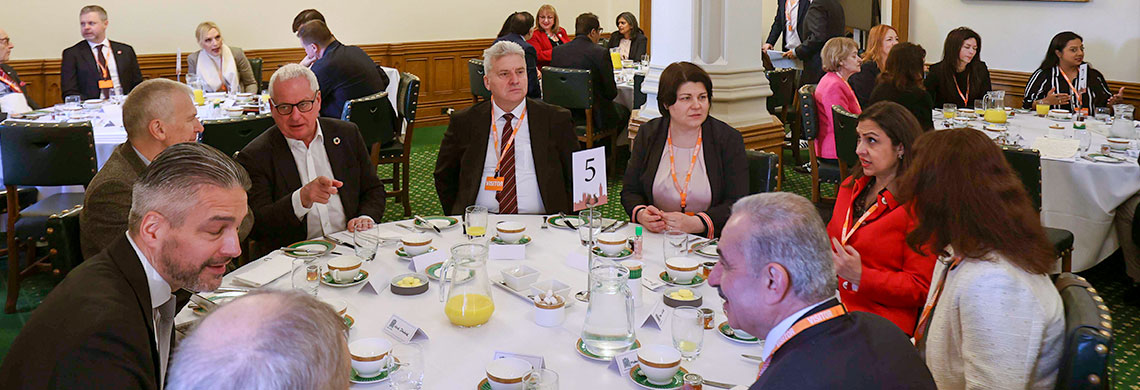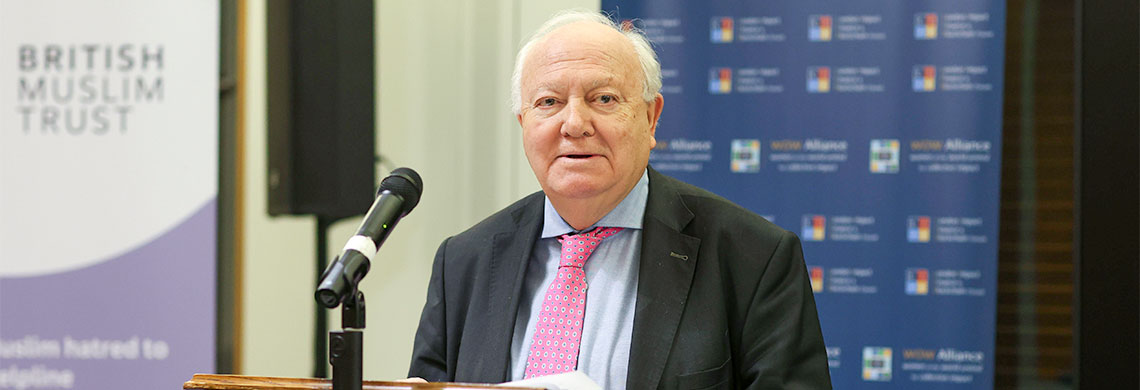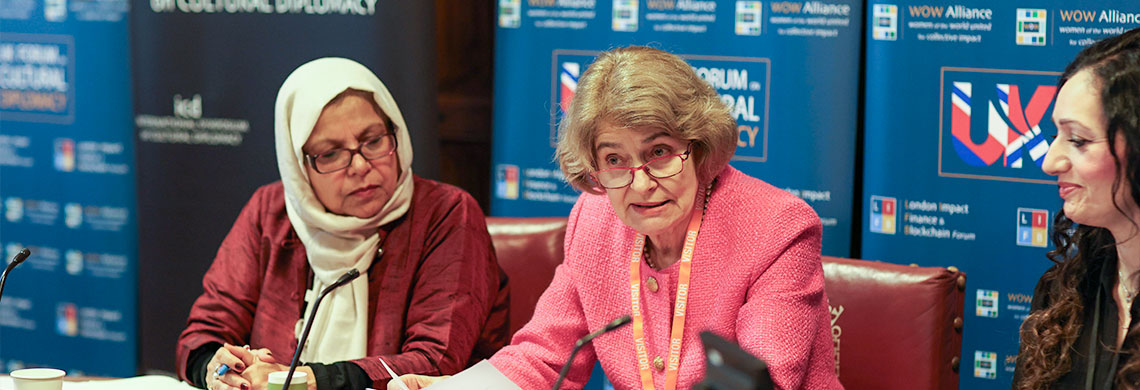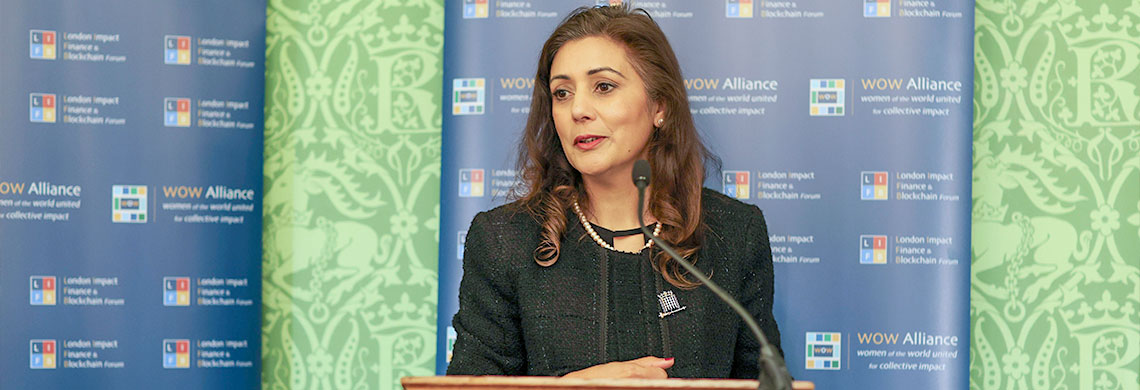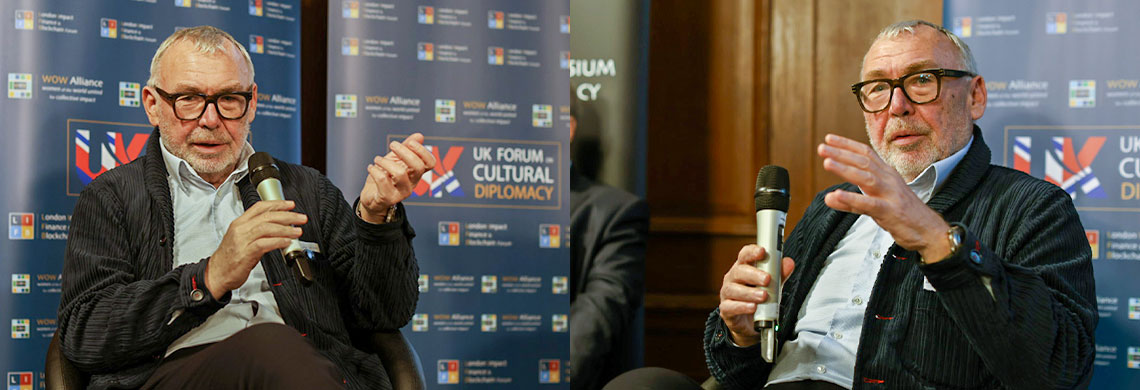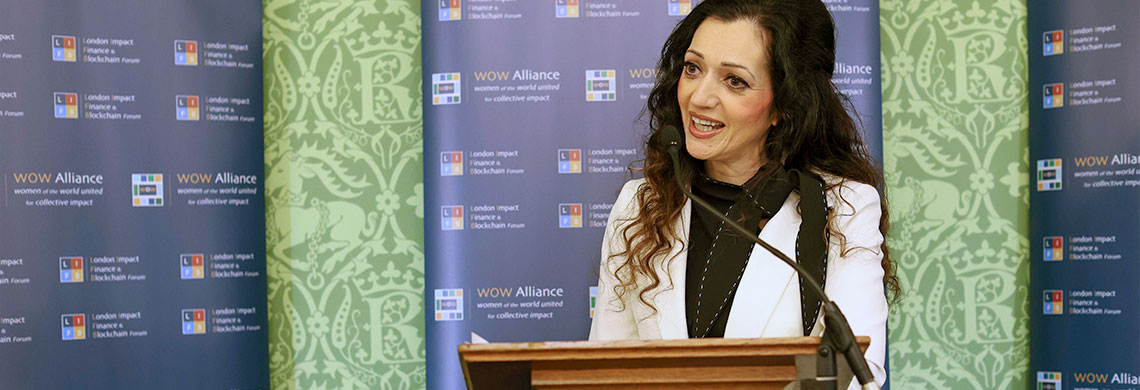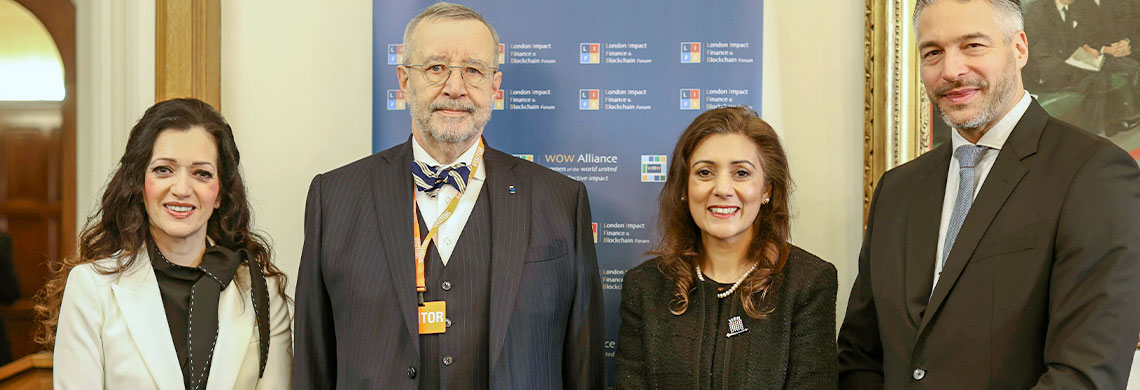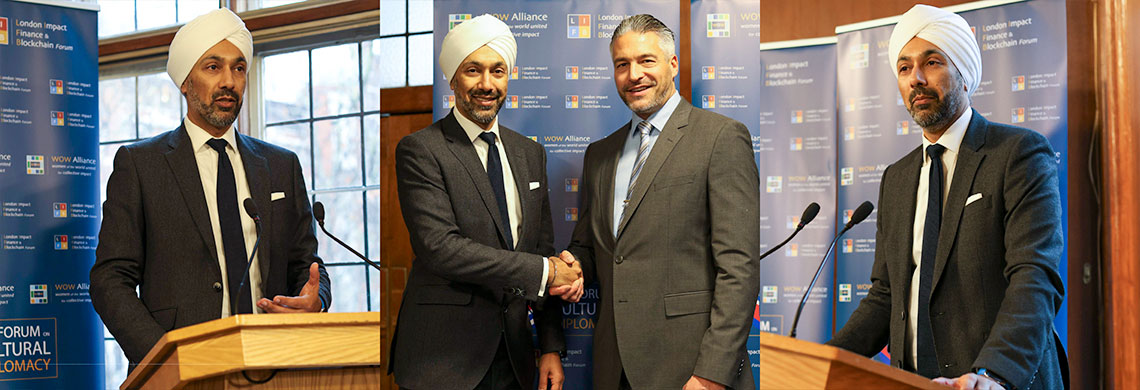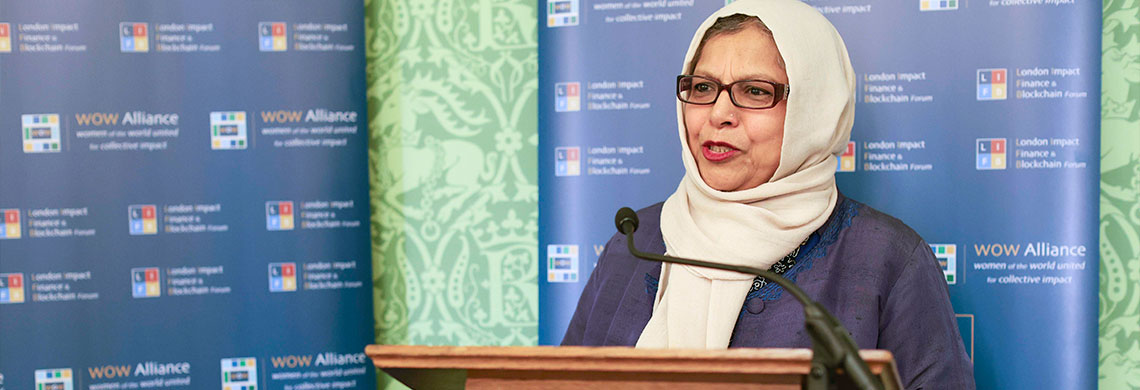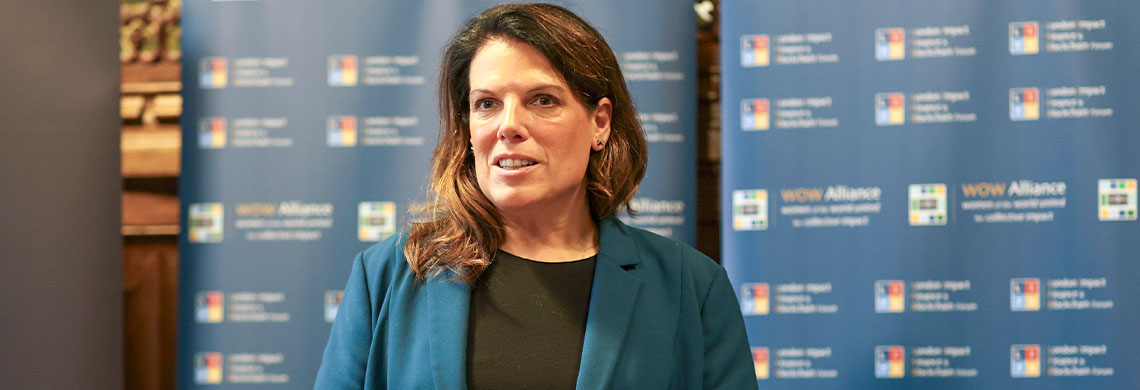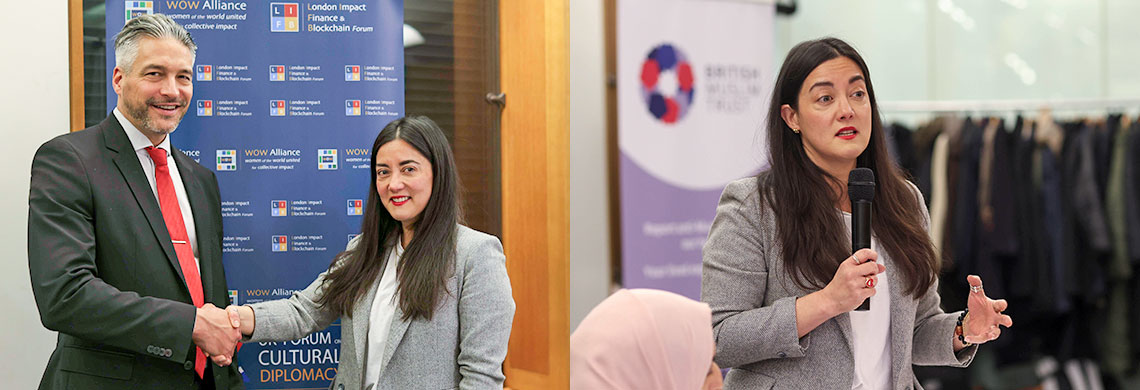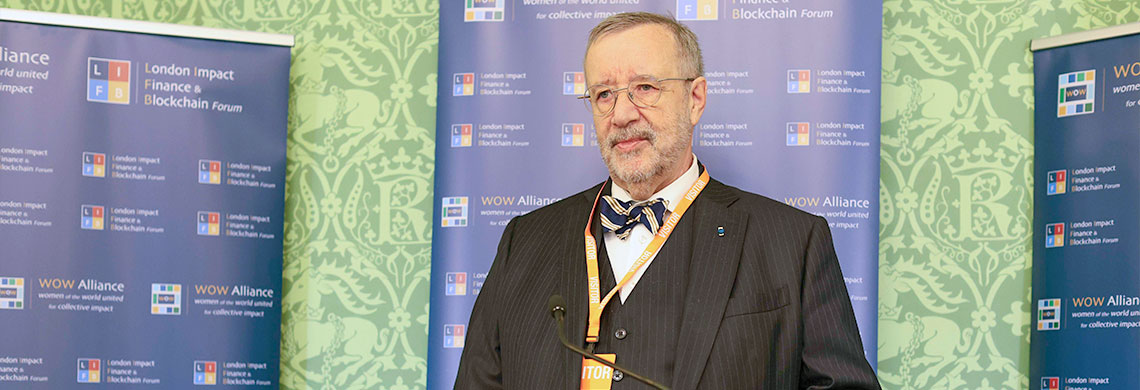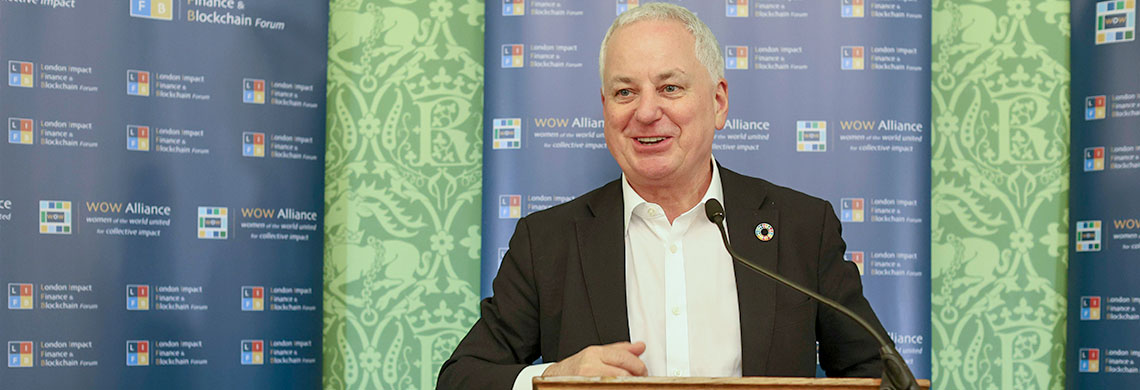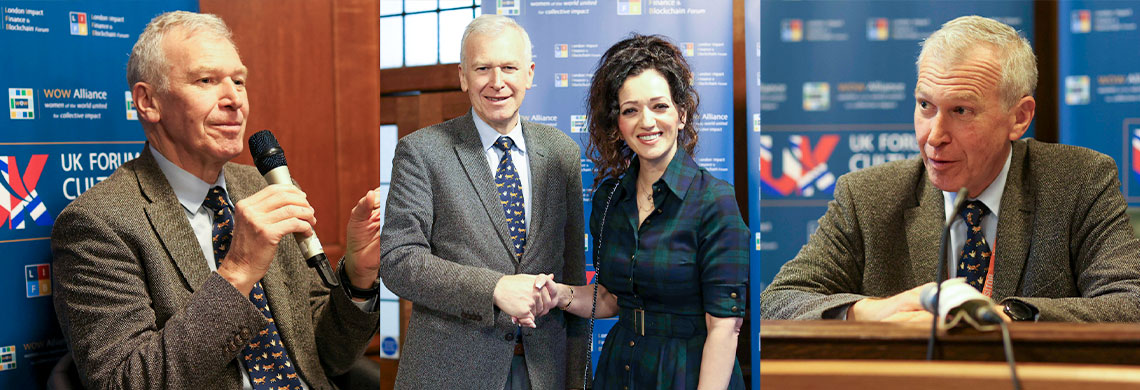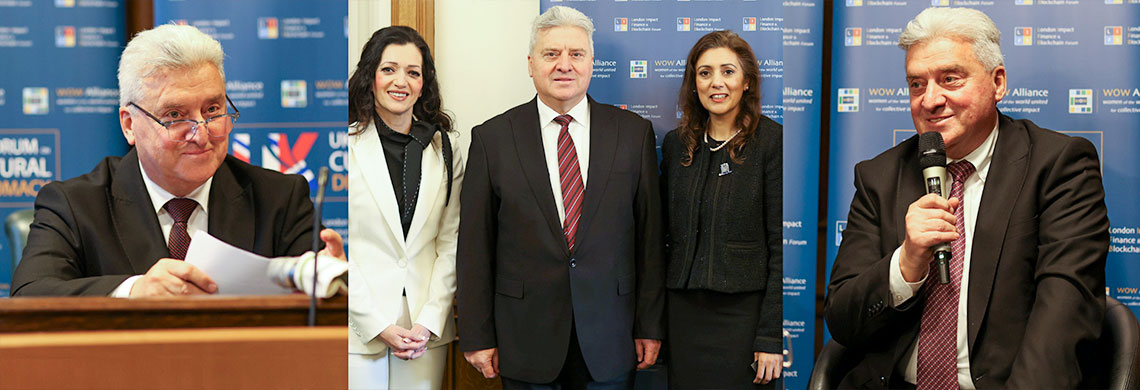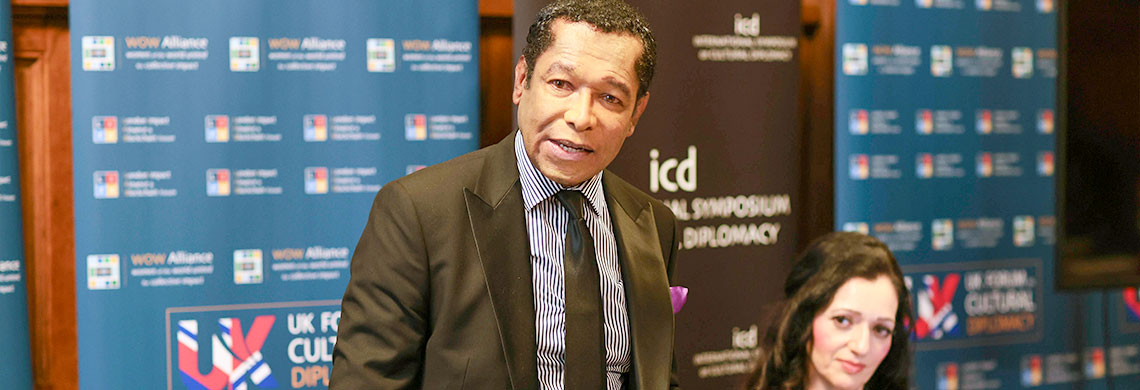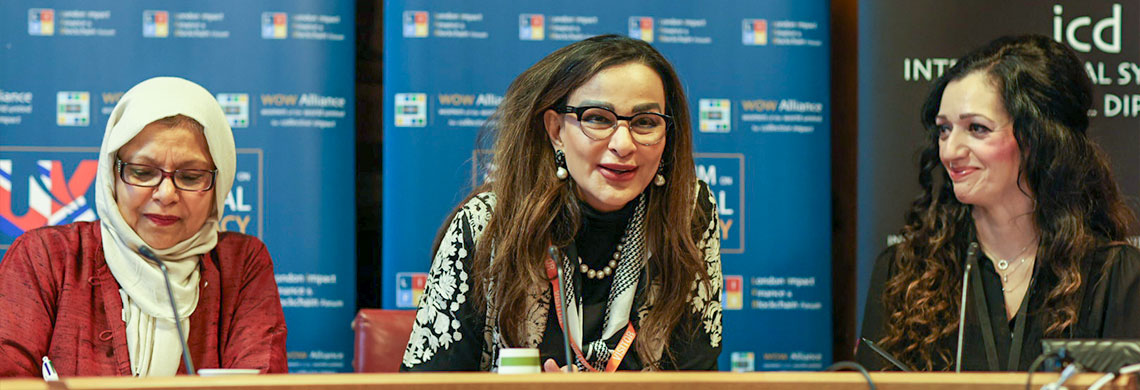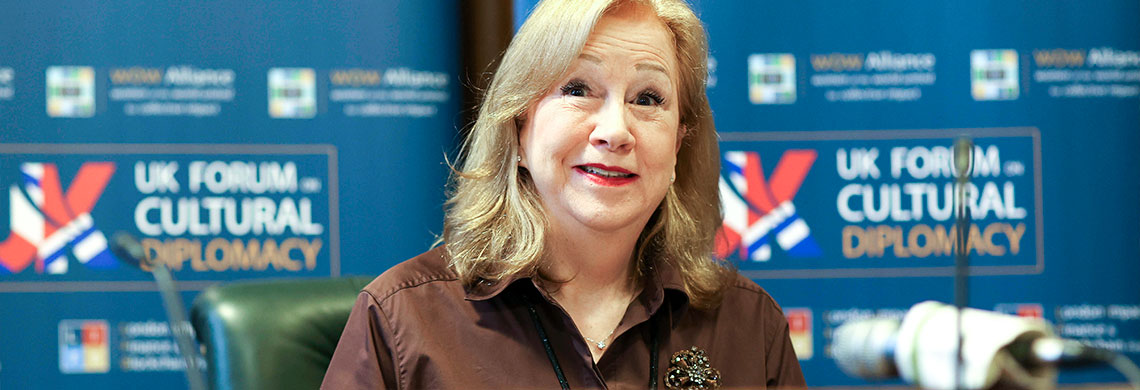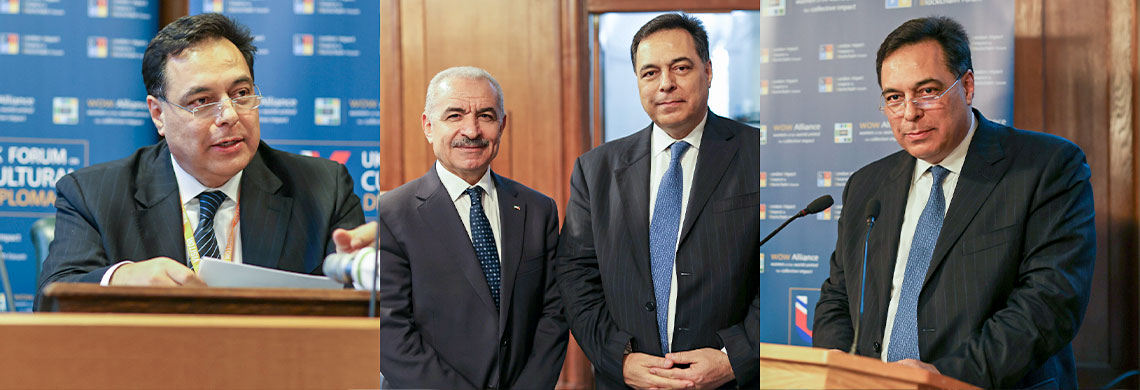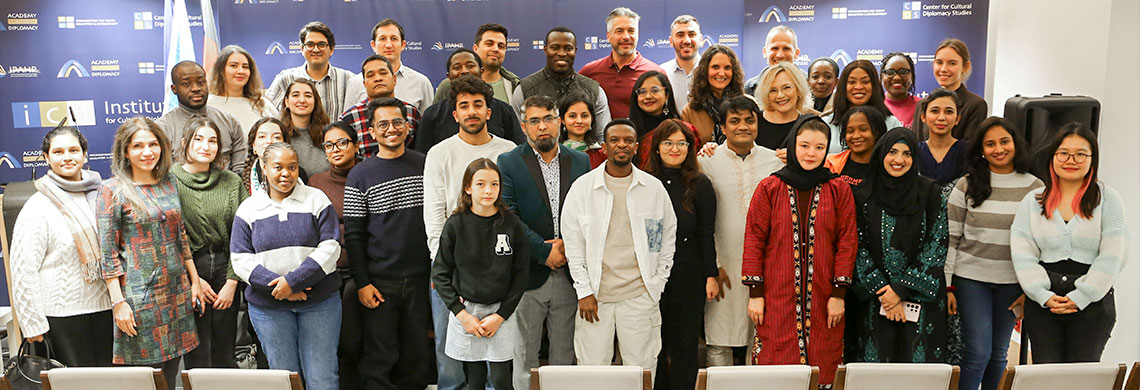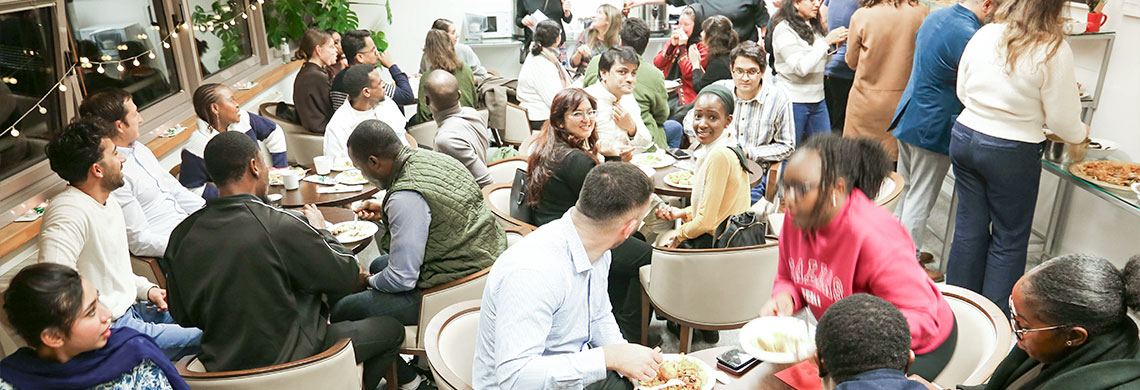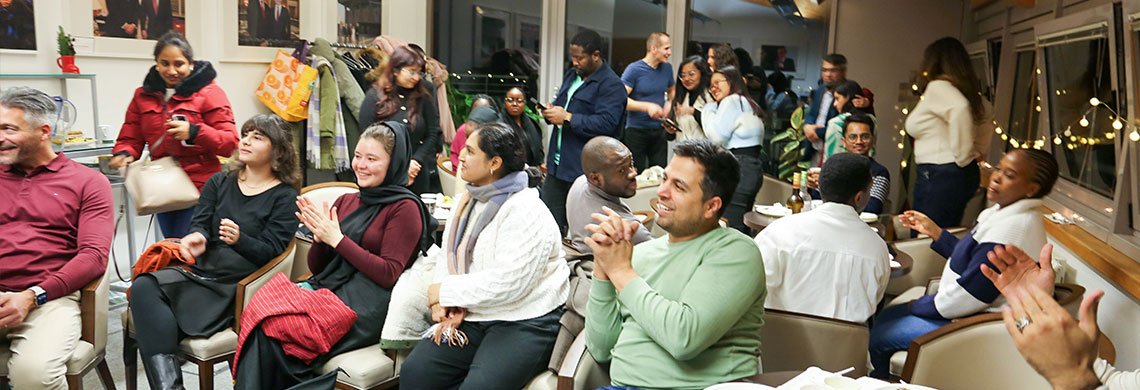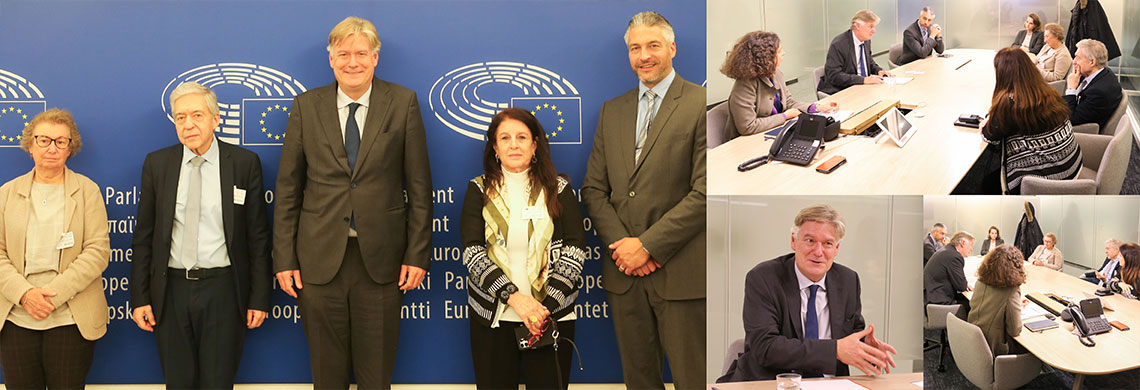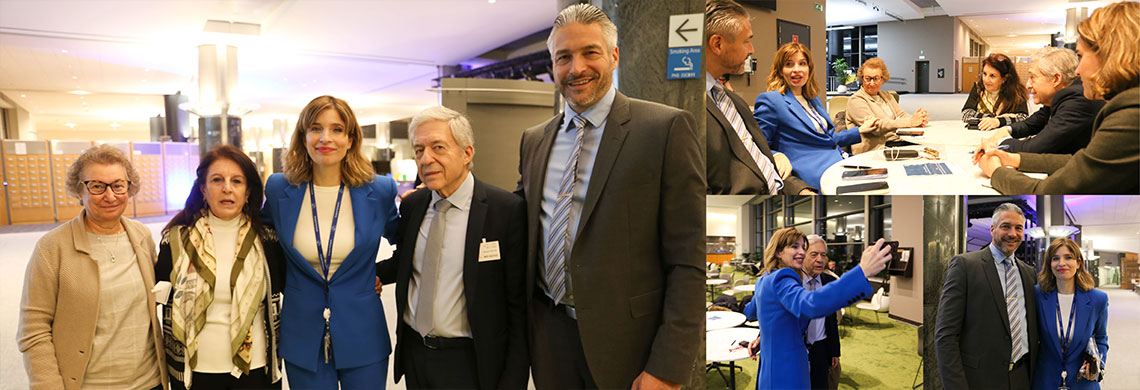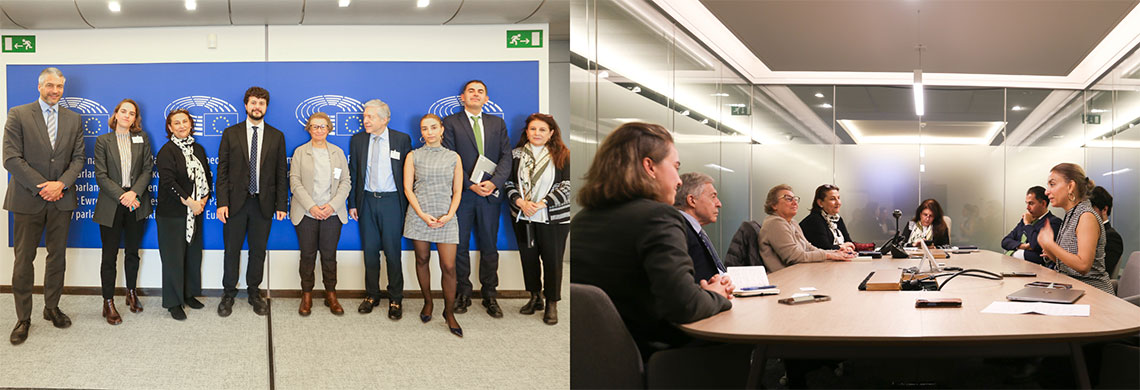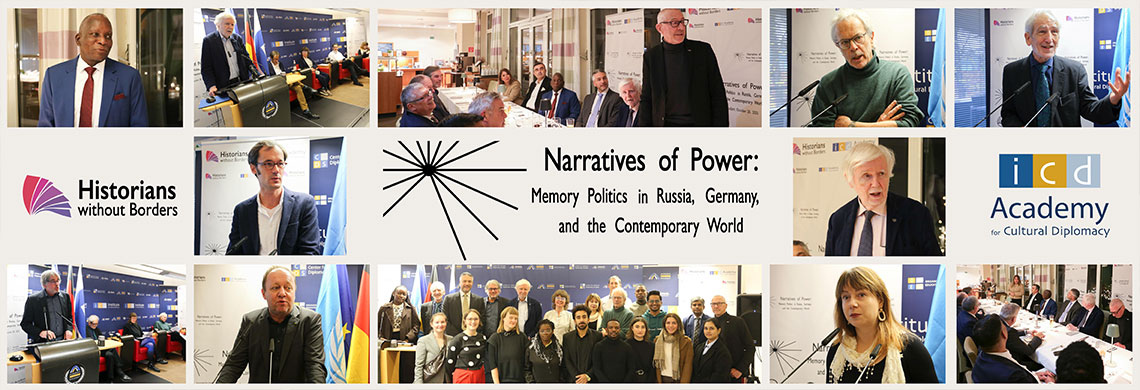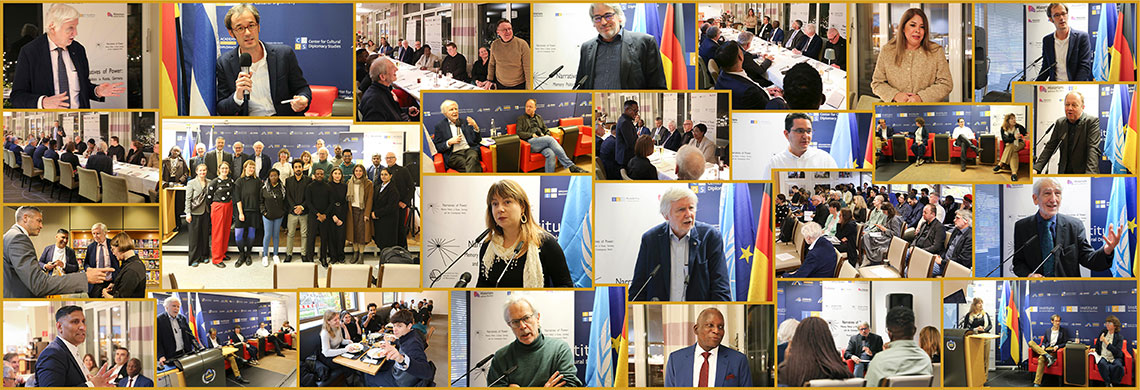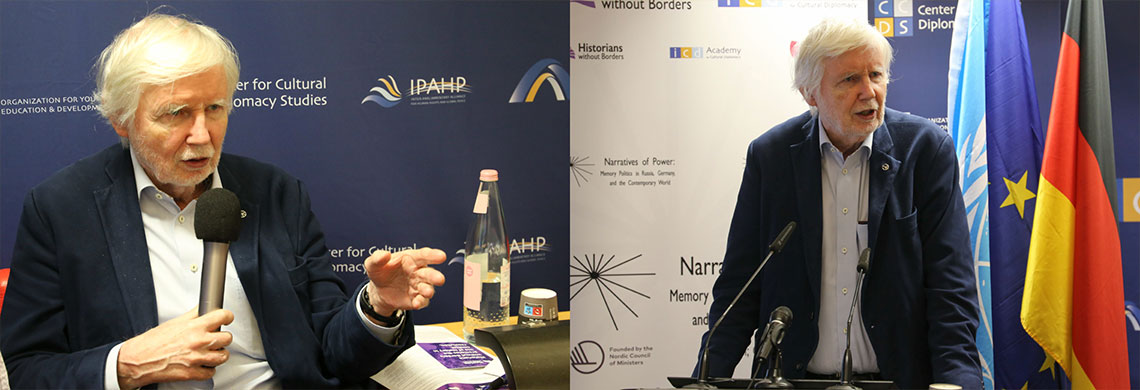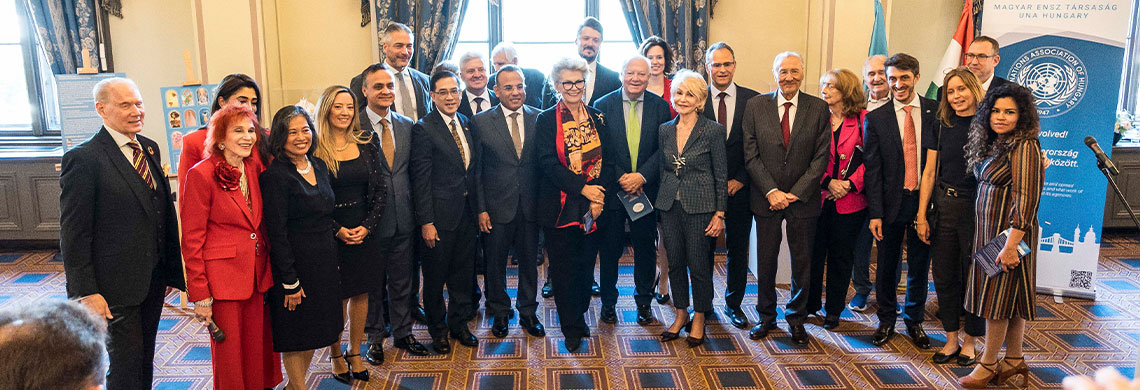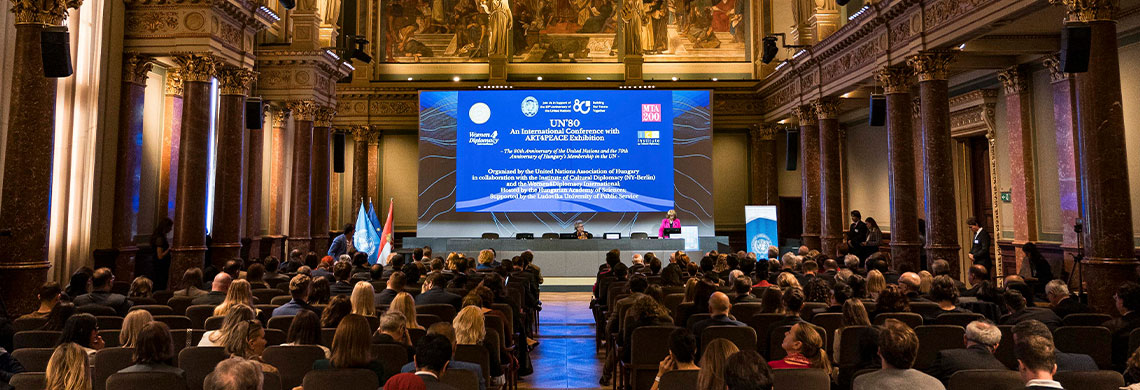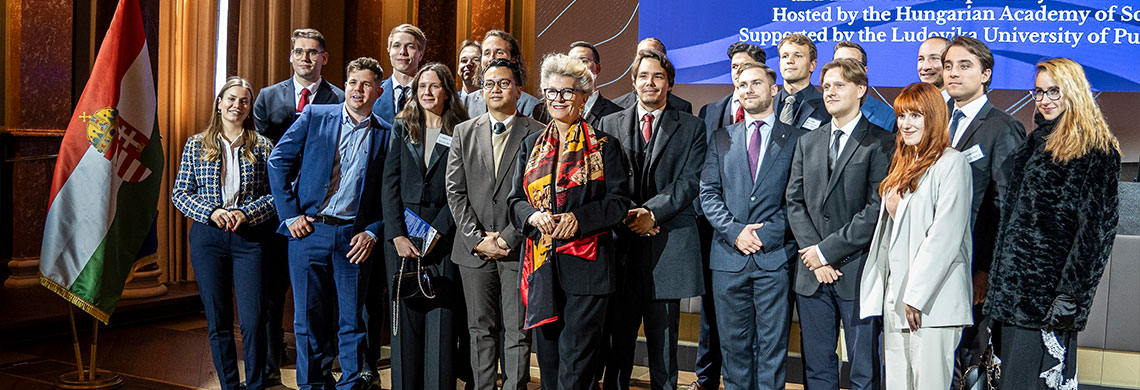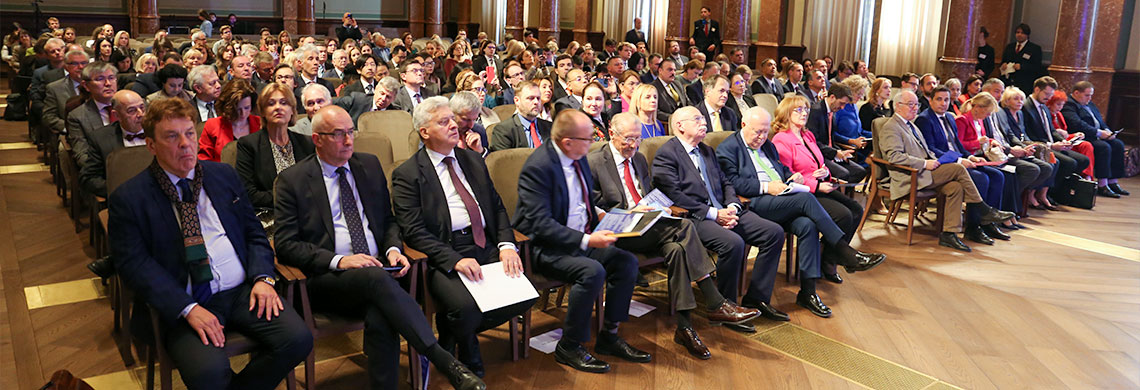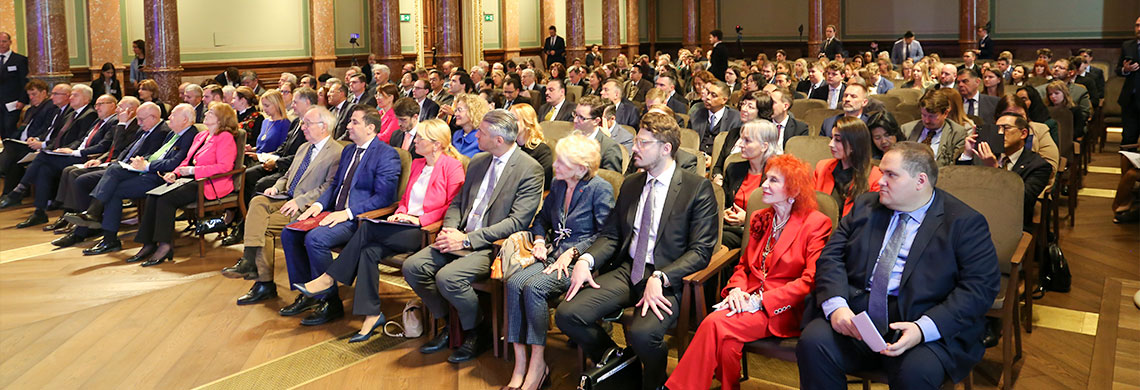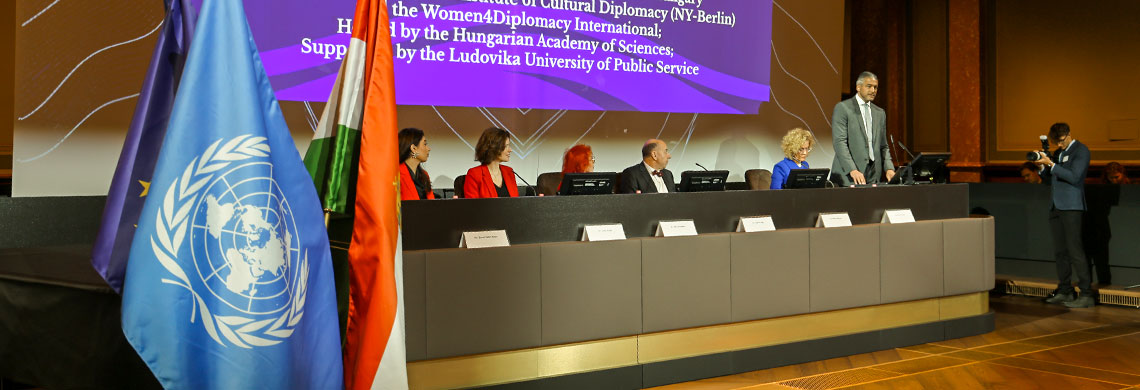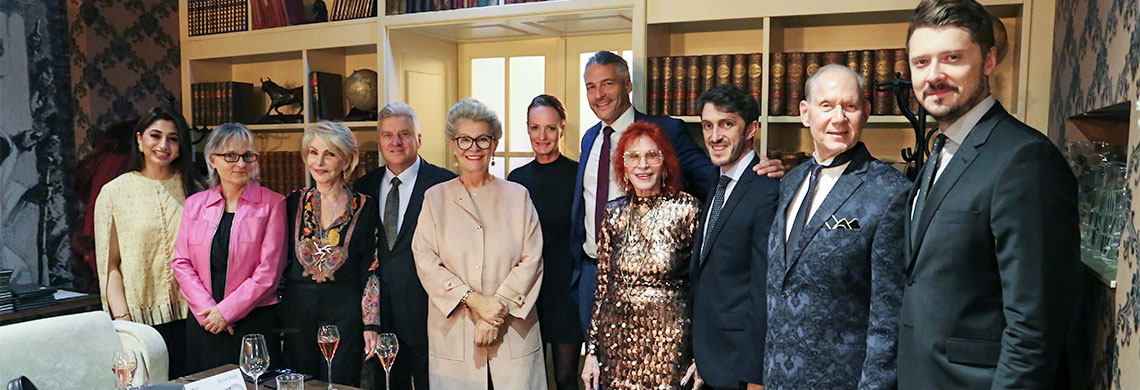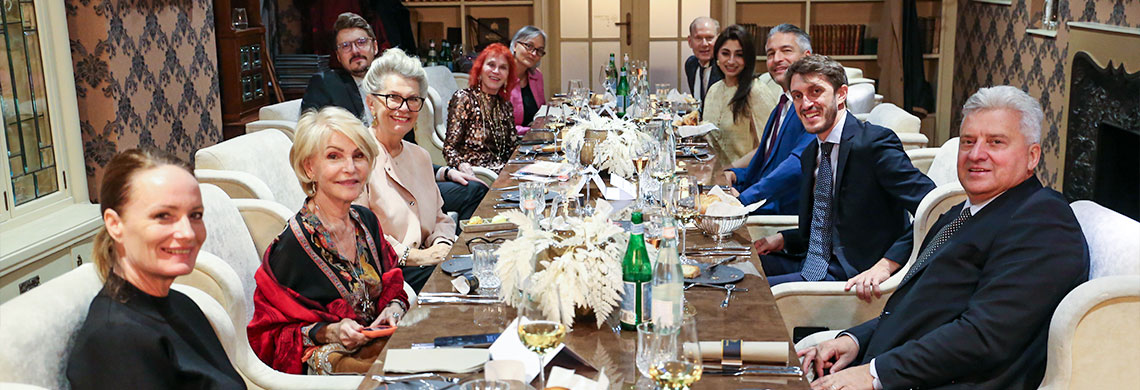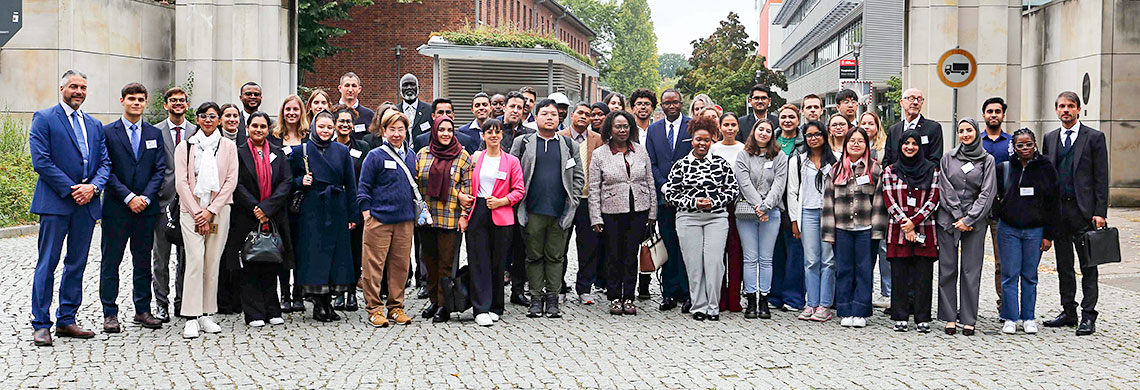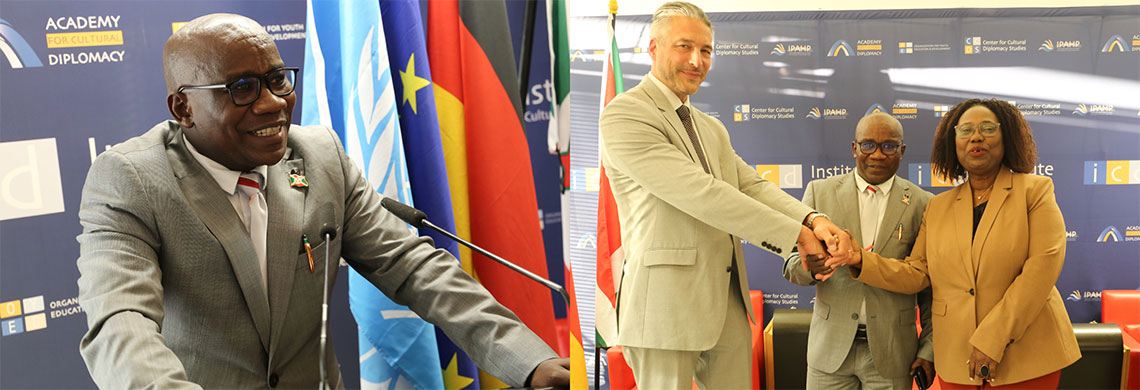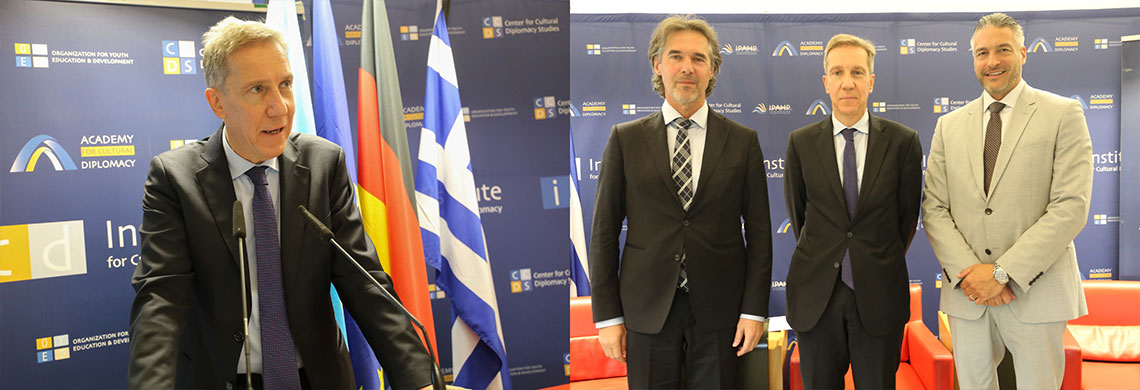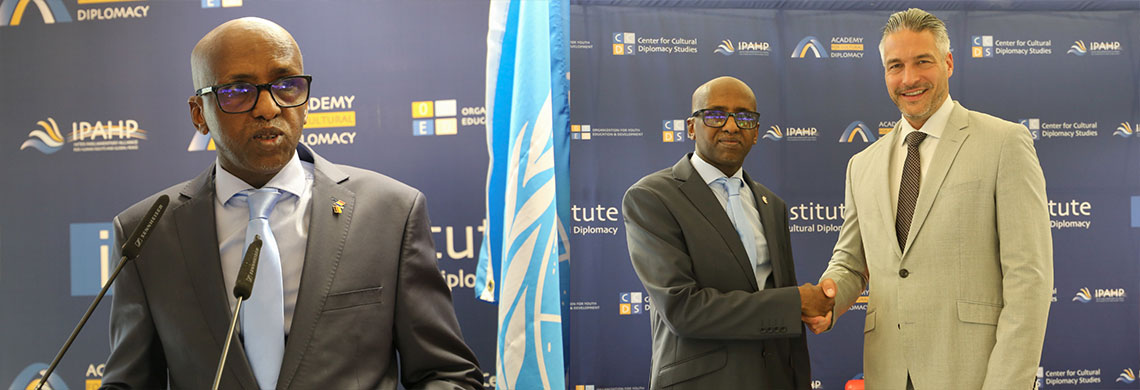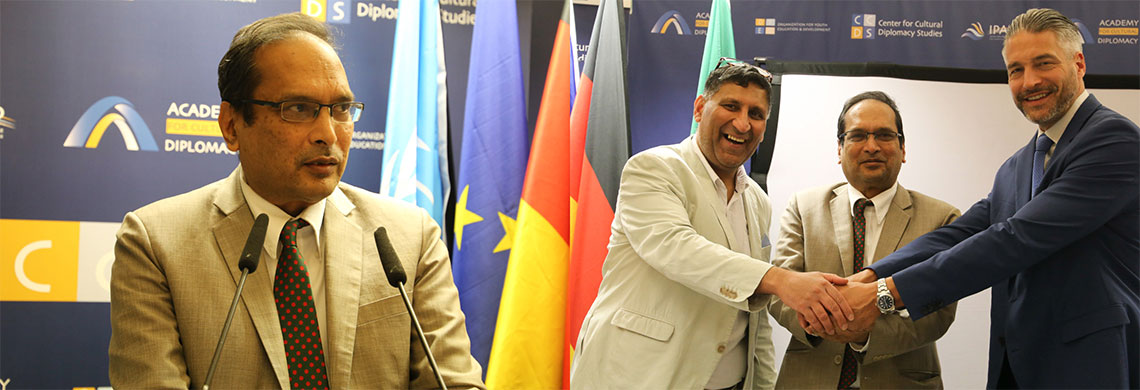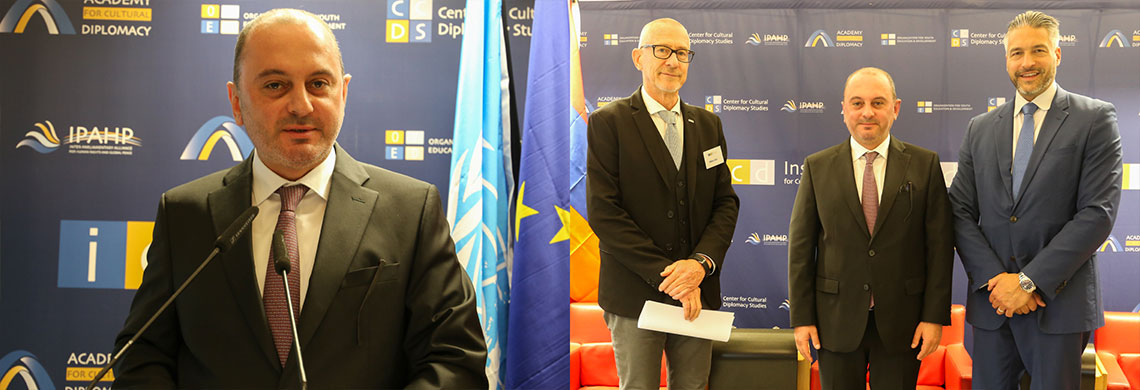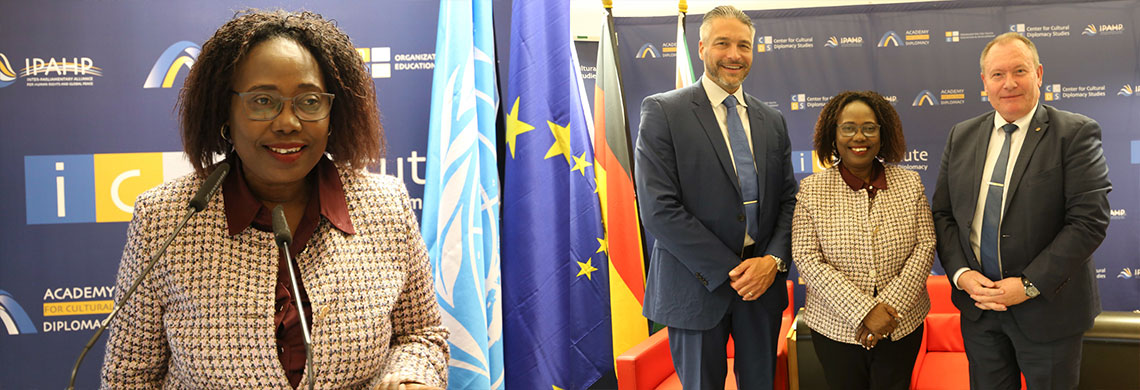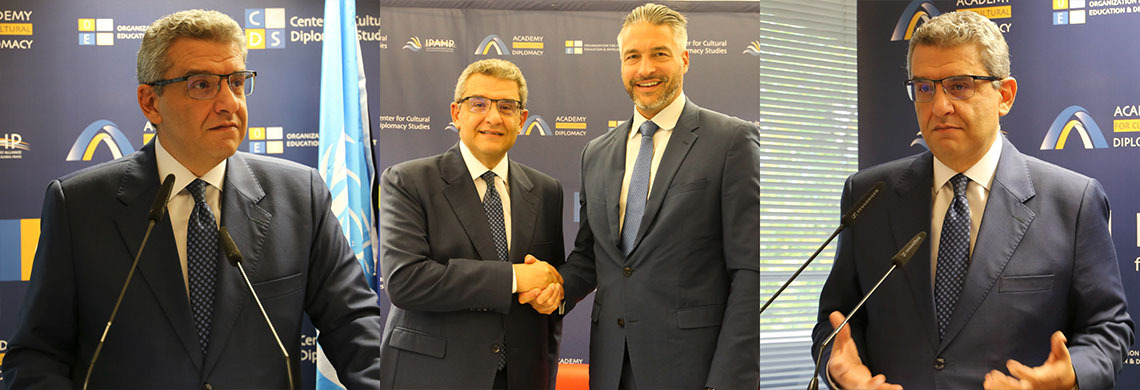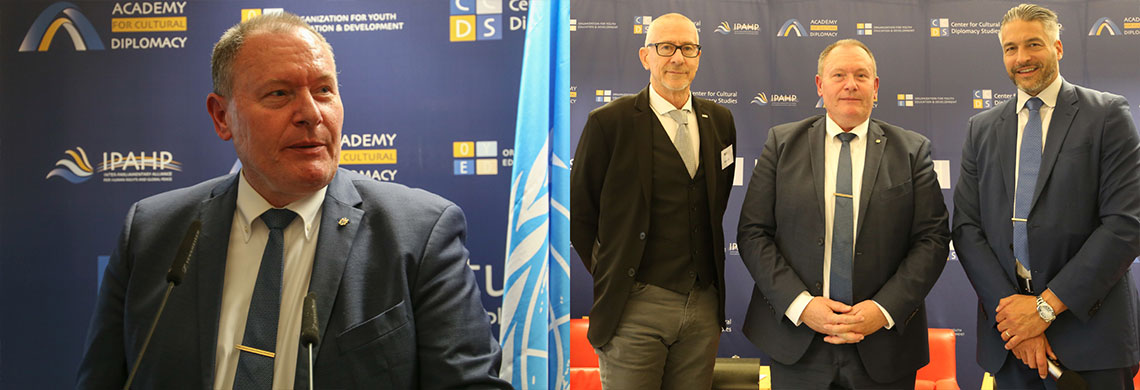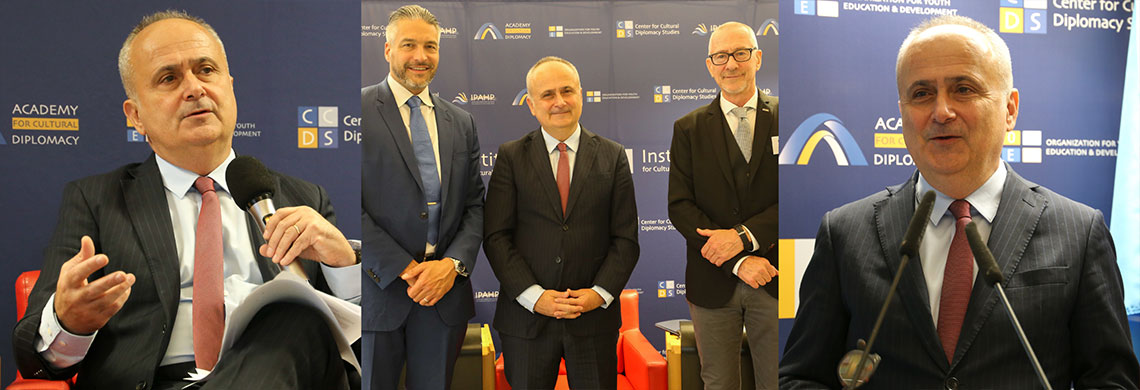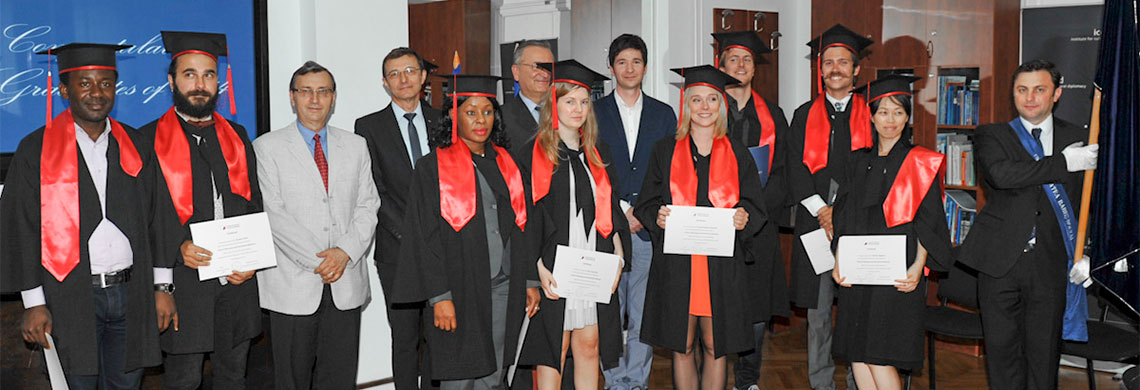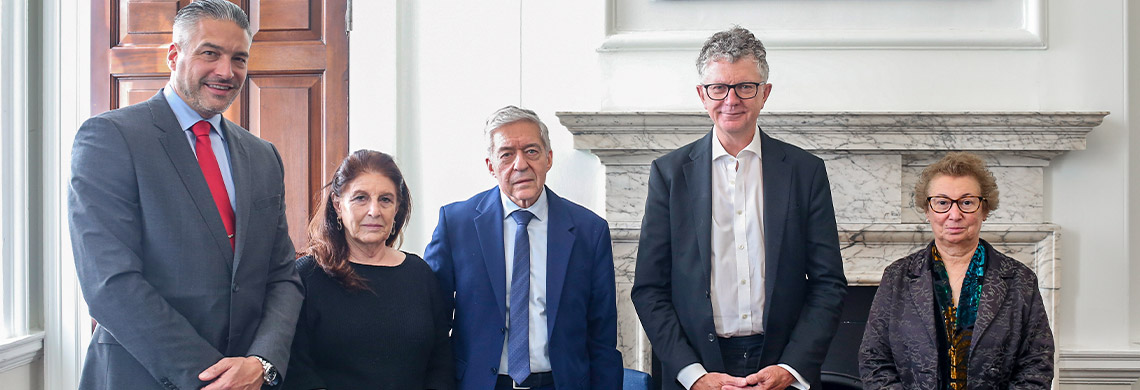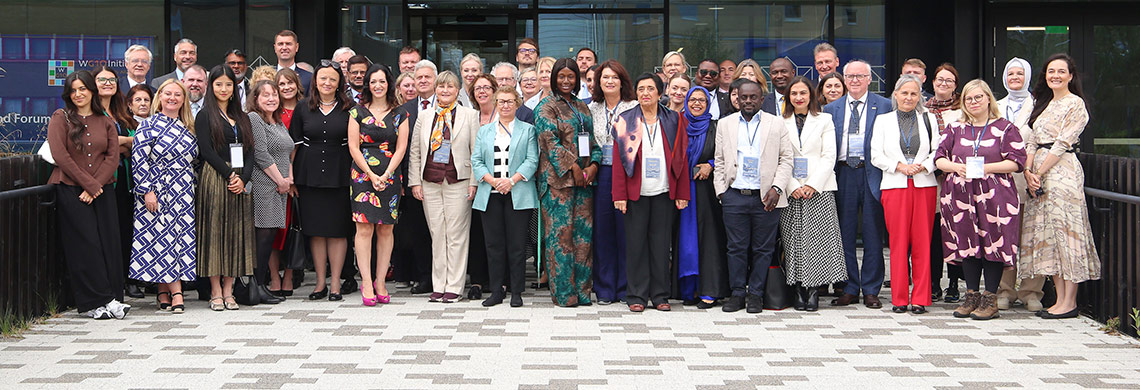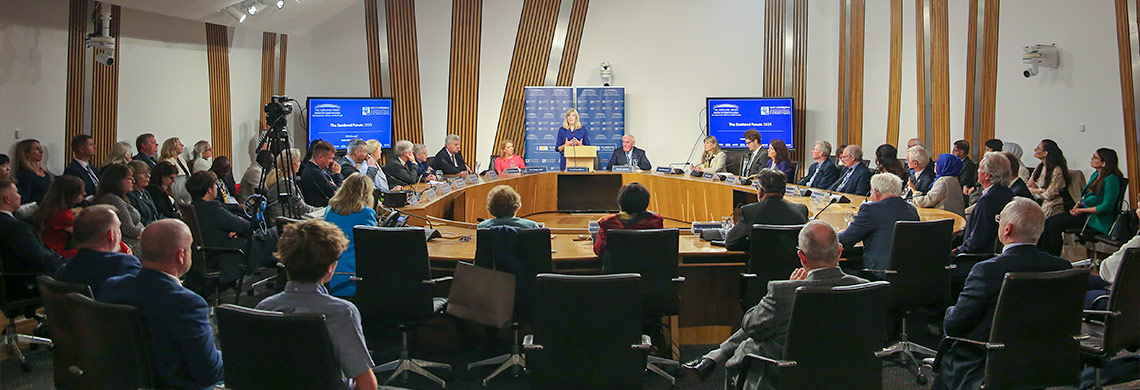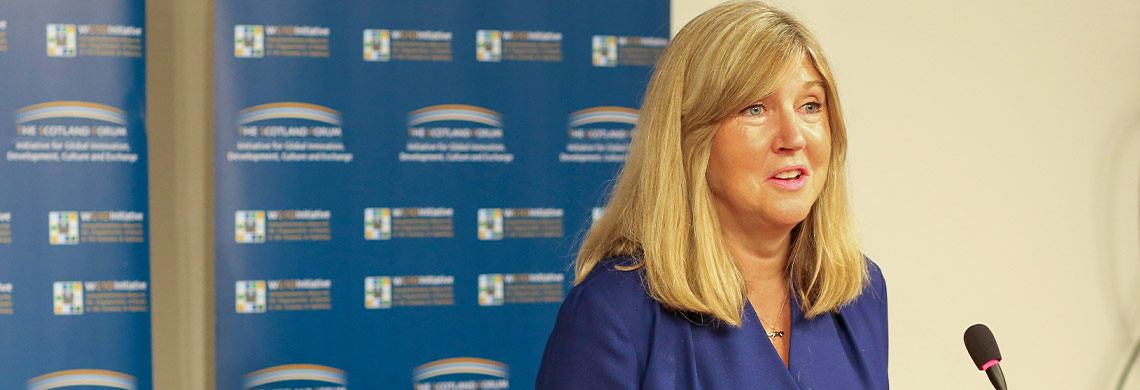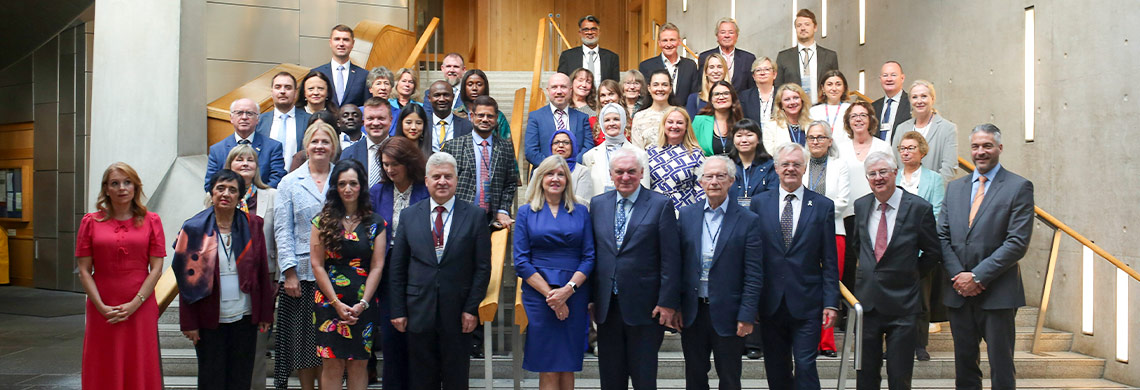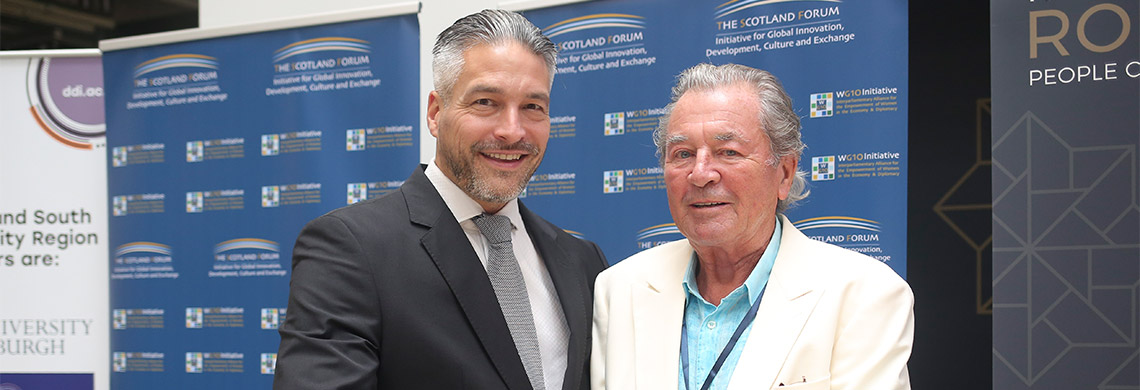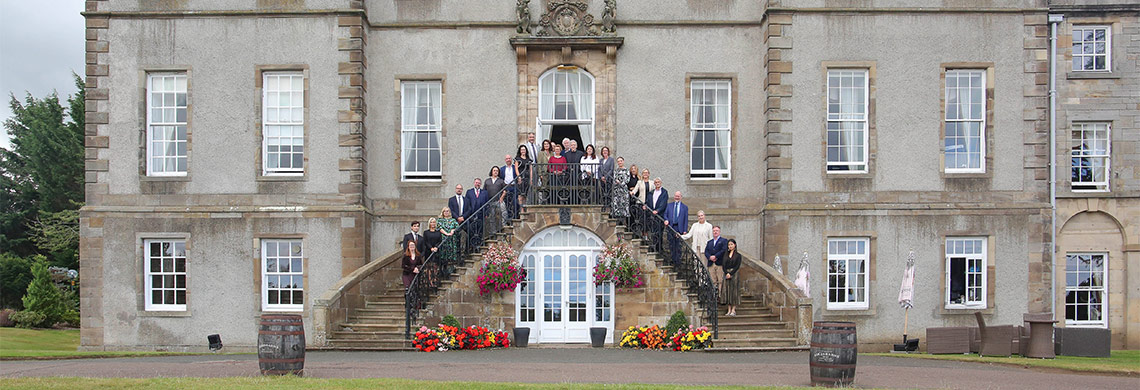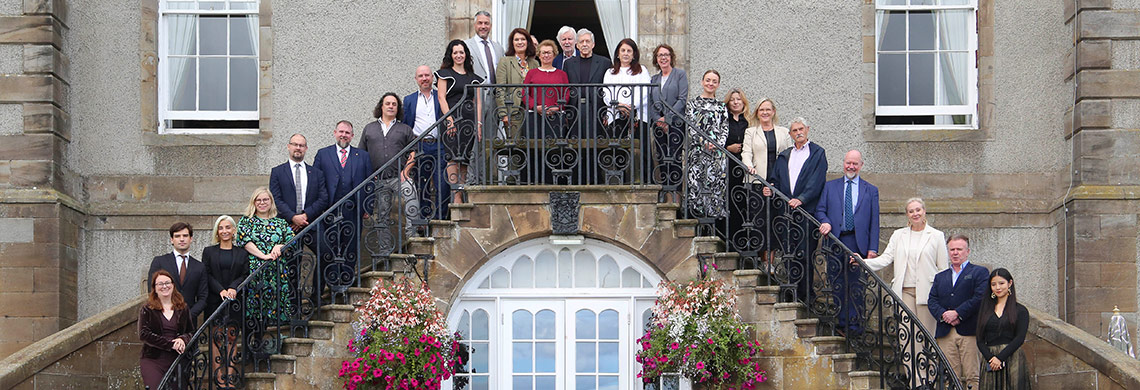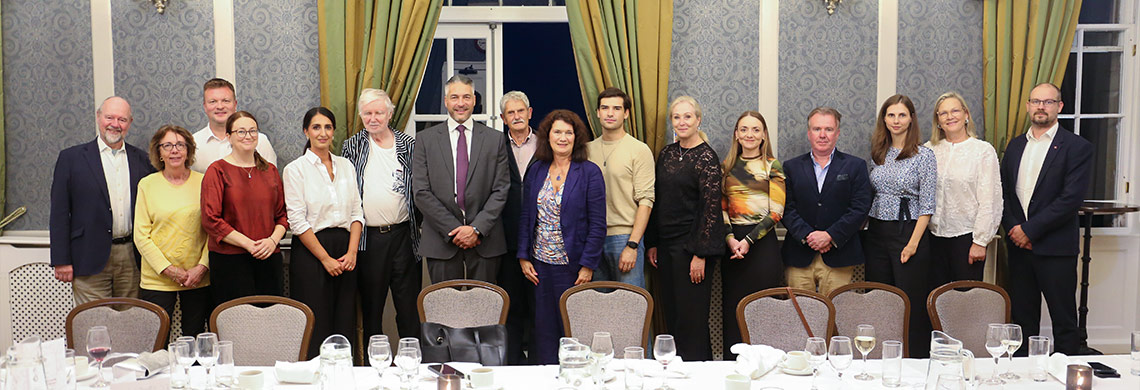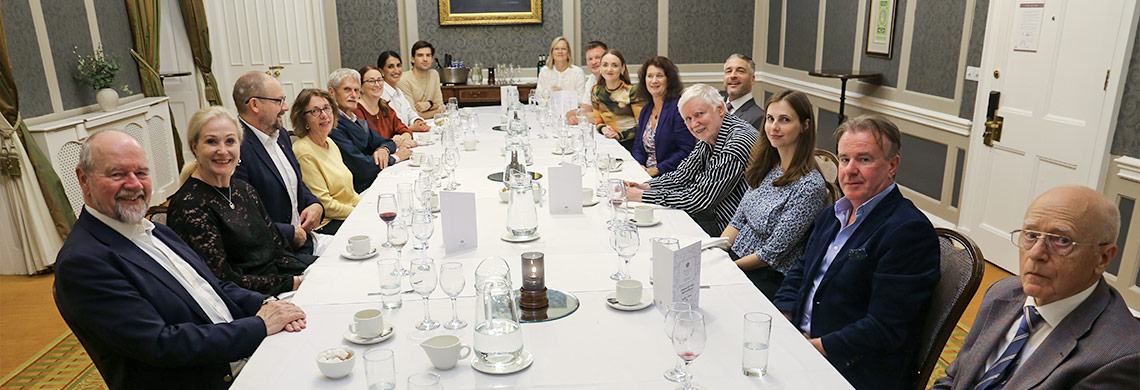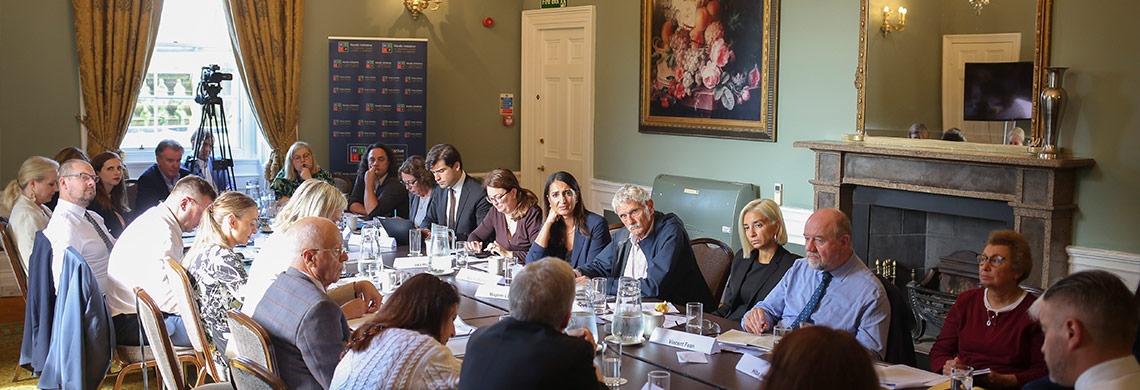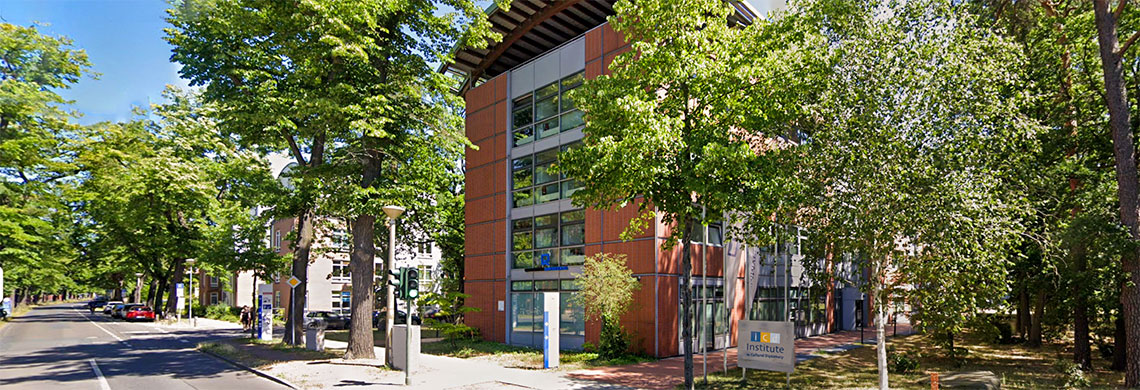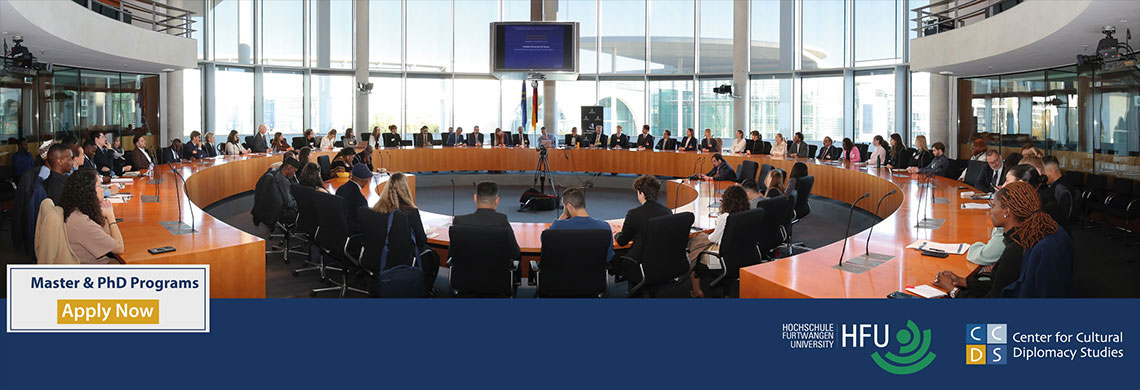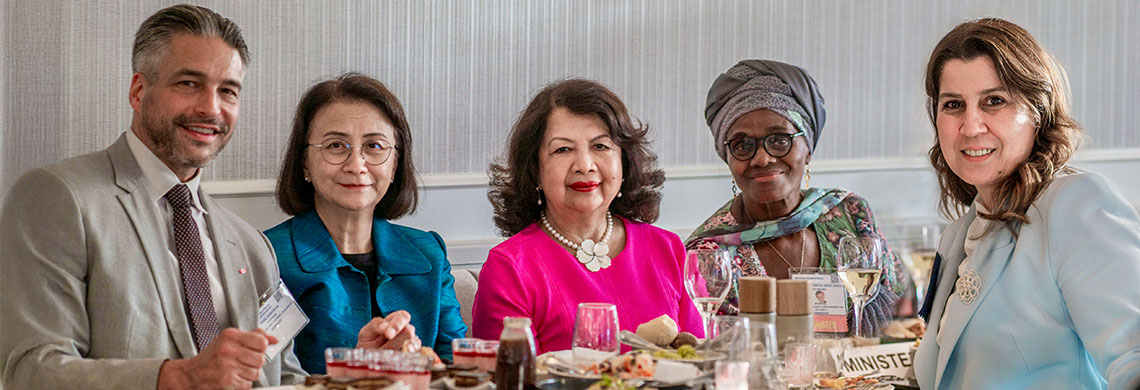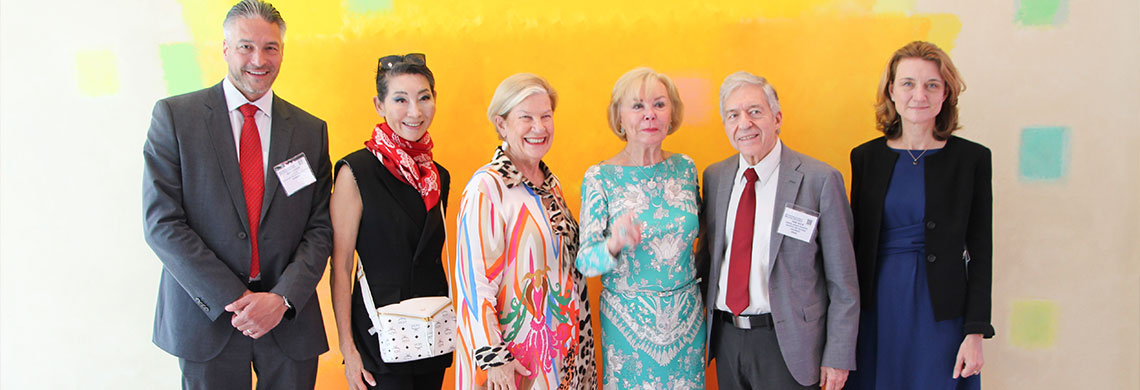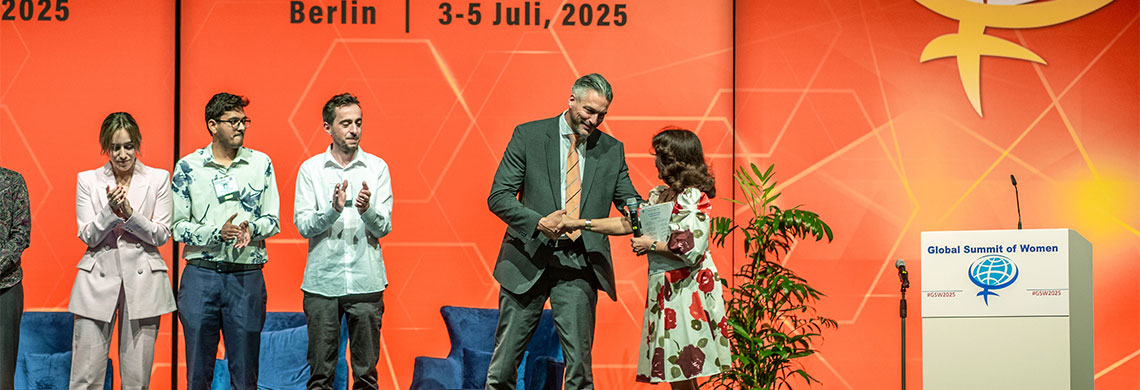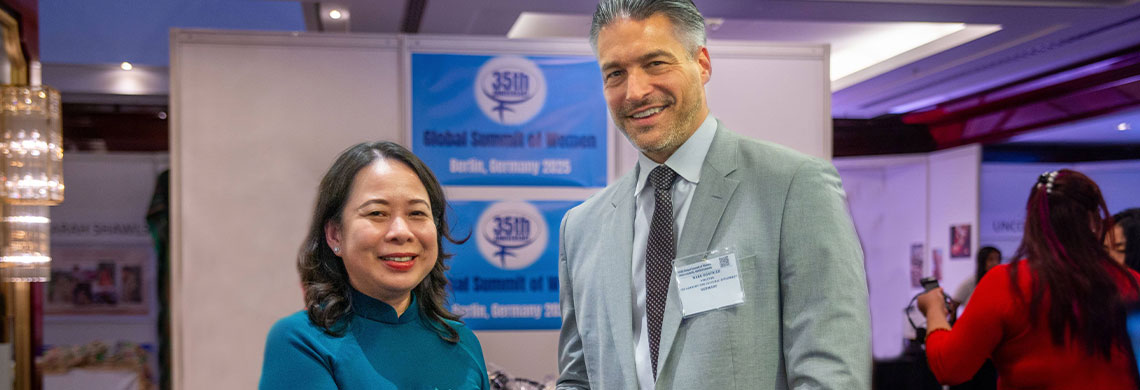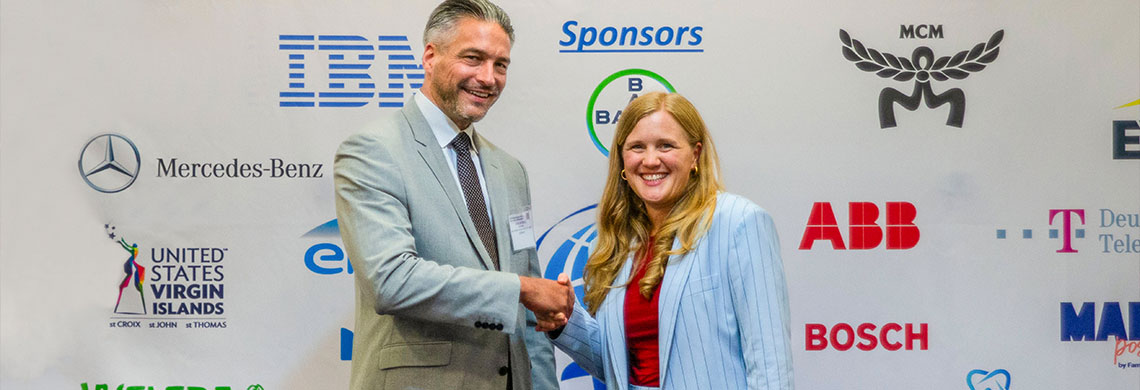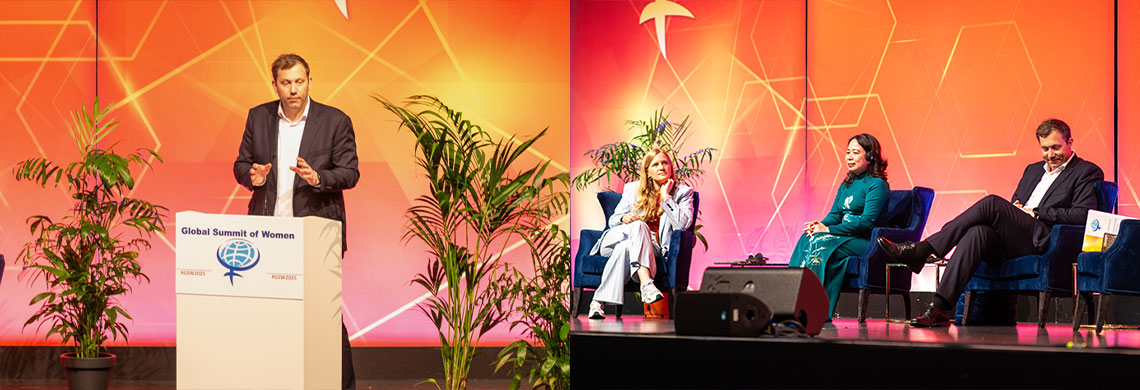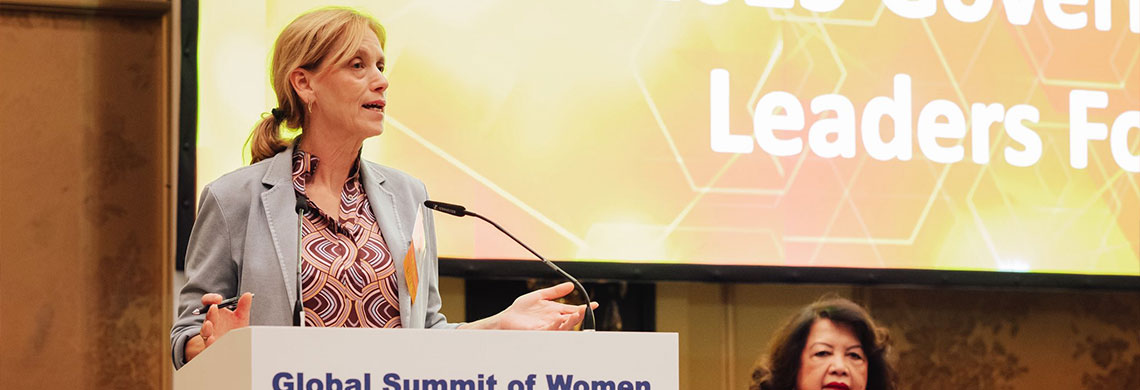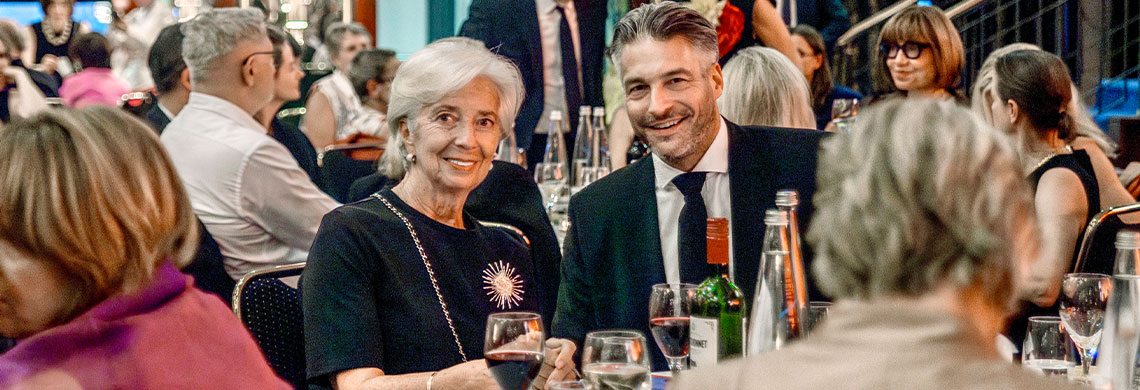"A World Without Walls":
An International Congress on "Soft Power", Cultural Diplomacy and Interdependence
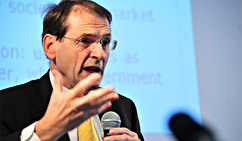
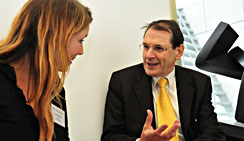
Jo Ritzen
Former Dutch Minister of Education, Culture, and Science; President of Universiteit Maastricht
Jozef Ritzen was born 1945, in Heerlen, The Netherlands. He is a Dutch economist and a social-democratic politician. He was the former Dutch Minister of Education, Culture, and Science and is currently the President of the University Maastricht.
Prior to his political career, Ritzen gained a degree in physical engineering from the Technische Universiteit, Delft in 1970. He obtained his PhD at the Erasmus Universiteit in Rotterdam with a thesis about education, economic growth, and income inequality metrics, with which he won the Winkler Prins Prize. He continued to work at the Erasmus Universiteit, Katholieke Universiteit Nijmegen, now Radboud University, the University of California (Berkeley), and the Robert M. La Follette Institute of Public Affairs at the University of Wisconsin (Madison), in the United States.
In 1989 he became Minister of Education and Sciences in the cabinet under Ruud Lubbers. In the same cabinet he was Minister of Welfare, Health, and Culture for a month in 1994. That same year, with the installation of the newly created cabinet of Wim Kok, also known as the Purple Coalition, he became Minister of Education, Culture, and Sciences, from the 22nd August 1994 until the 3rd August 1998 and is known to be one of the longest-serving Ministers of Education in the world. During his post as a minister, he enacted several major reforms in the Dutch education system. In 1991 he introduced the OV-studentenkaart, which was a card that enabled the use of free public transport to students, and the Prestatiebeurs, a new form of student financing. Additionally, he has contributed to the United Nations Educational, Scientific and Cultural Organisation(UNESCO) and the Organisation for Economic Co-operation and Development (OECD), in the fields of education and social cohesion particularly.
In 1999 he became the Vice President of the World Bank’s Development Economics Department and in July 2001 he assumed the position of Vice President of the World Bank’s Human Development Network, providing advice to countries in need of improving health, education and social protection. He is also currently Chairman of the Biomedical Material Program (BMM) Foundation. In 2003 he became President of the University of Maastricht and was reappointed in February 2007 until 2011.
Maastricht University is deemed to be one of the most innovative and successful universities in Europe. It was founded in 1976, which makes it the second most modern university in The Netherlands. Since 2003, Ritzen has led Maastricht University and continues to examine the future of higher education in Europe. He states that Europe is facing a tough challenge as it fails to attract top international students because of demographic changes and—more importantly—the inability to innovate. It is essential to build a closer relationship with industry and business to offer the education suitable for students today.
With this in mind, the University of Maastricht has transformed its degrees, as it offers a unique approach to teaching, known as Problem Based Learning (PBL), which is considered different from traditional teaching and learning methods endorsed by most traditional universities. This approach places the student at the centre and encourages them to be responsible for their academic success. Ritzen states that “it is essential to consider the differences in students’ backgrounds and learning styles and link these with the development of professional competencies.”
Jo Ritzen is also an acclaimed author and has written 11 books, mostly focusing on education, economics, development economics and government funding.

